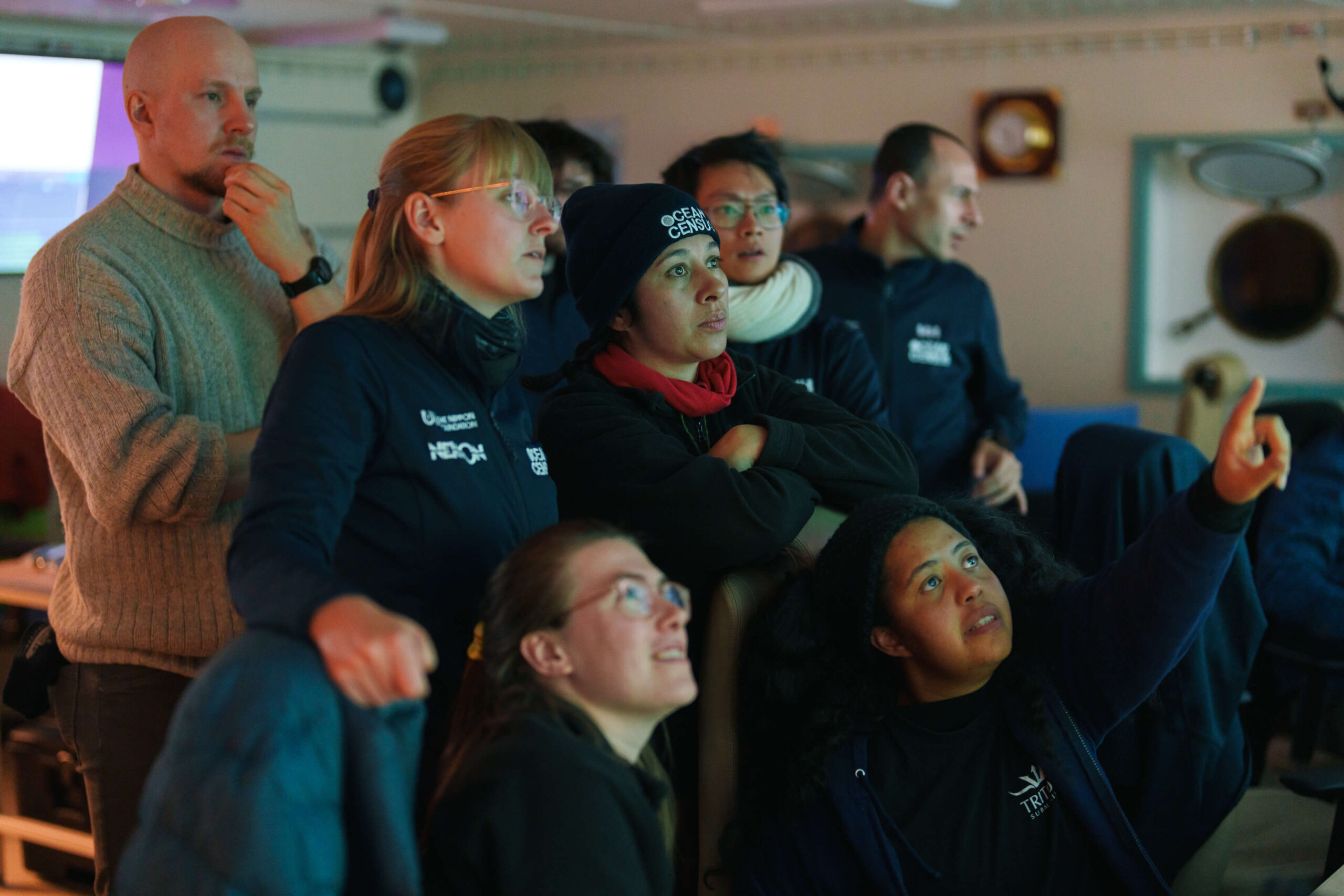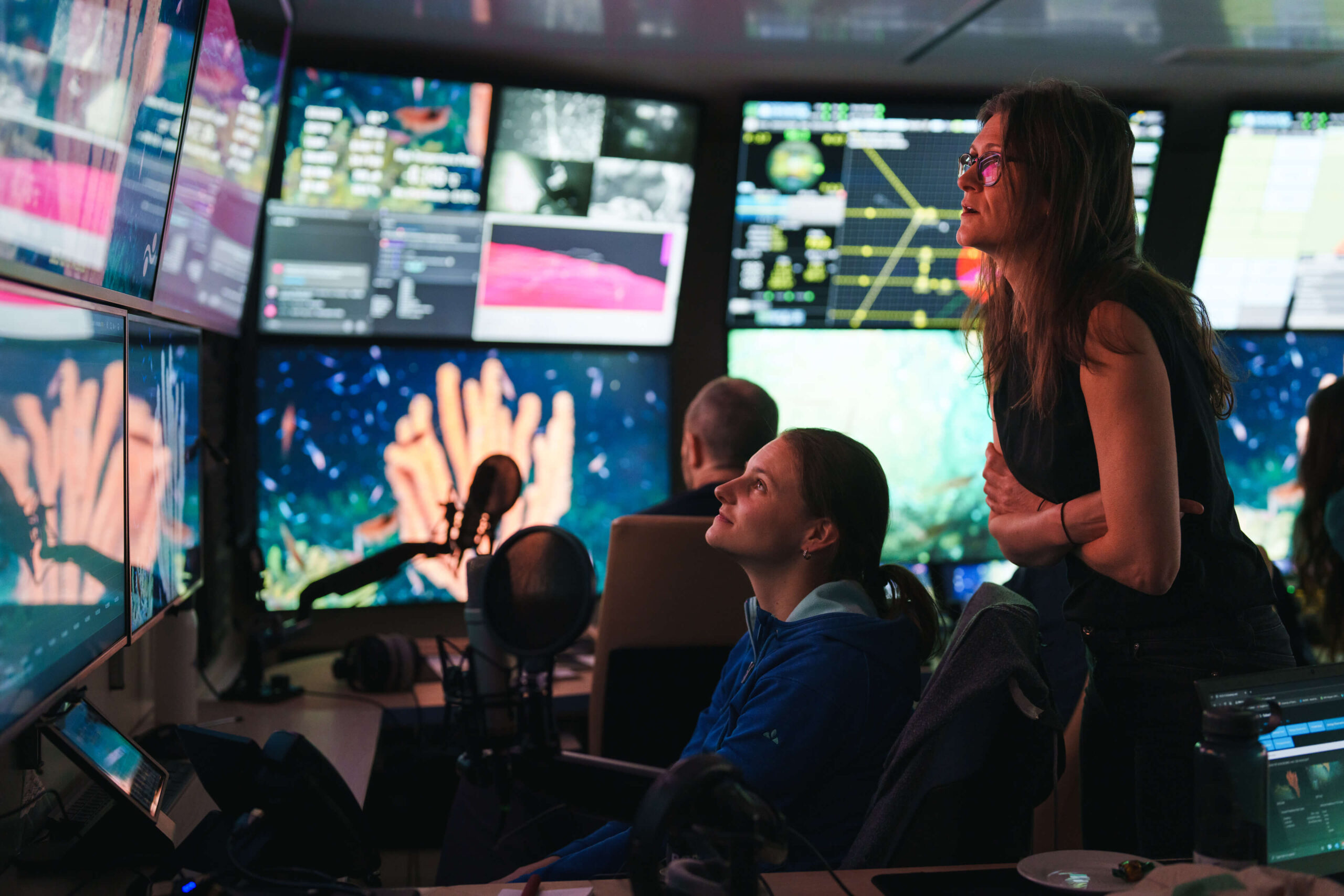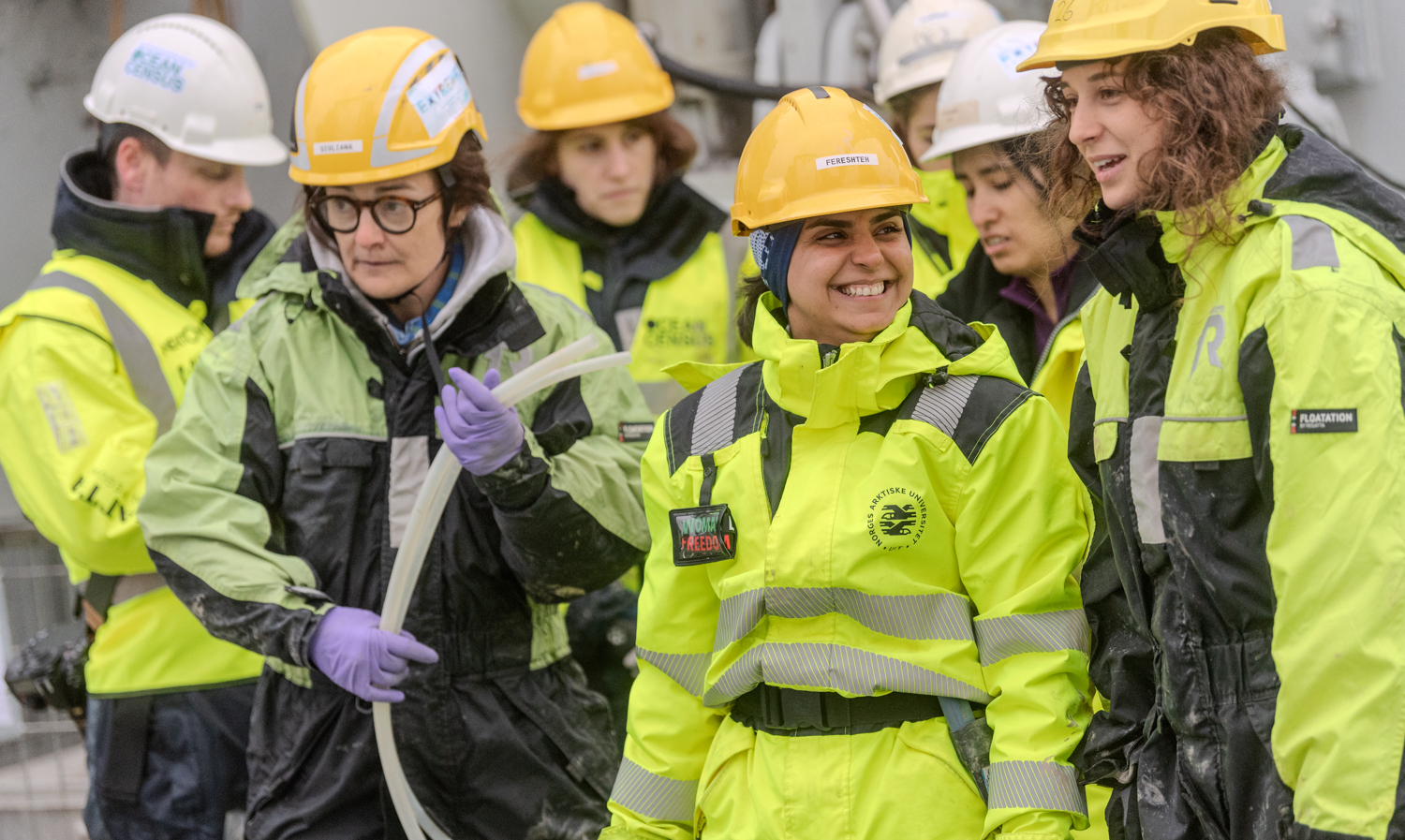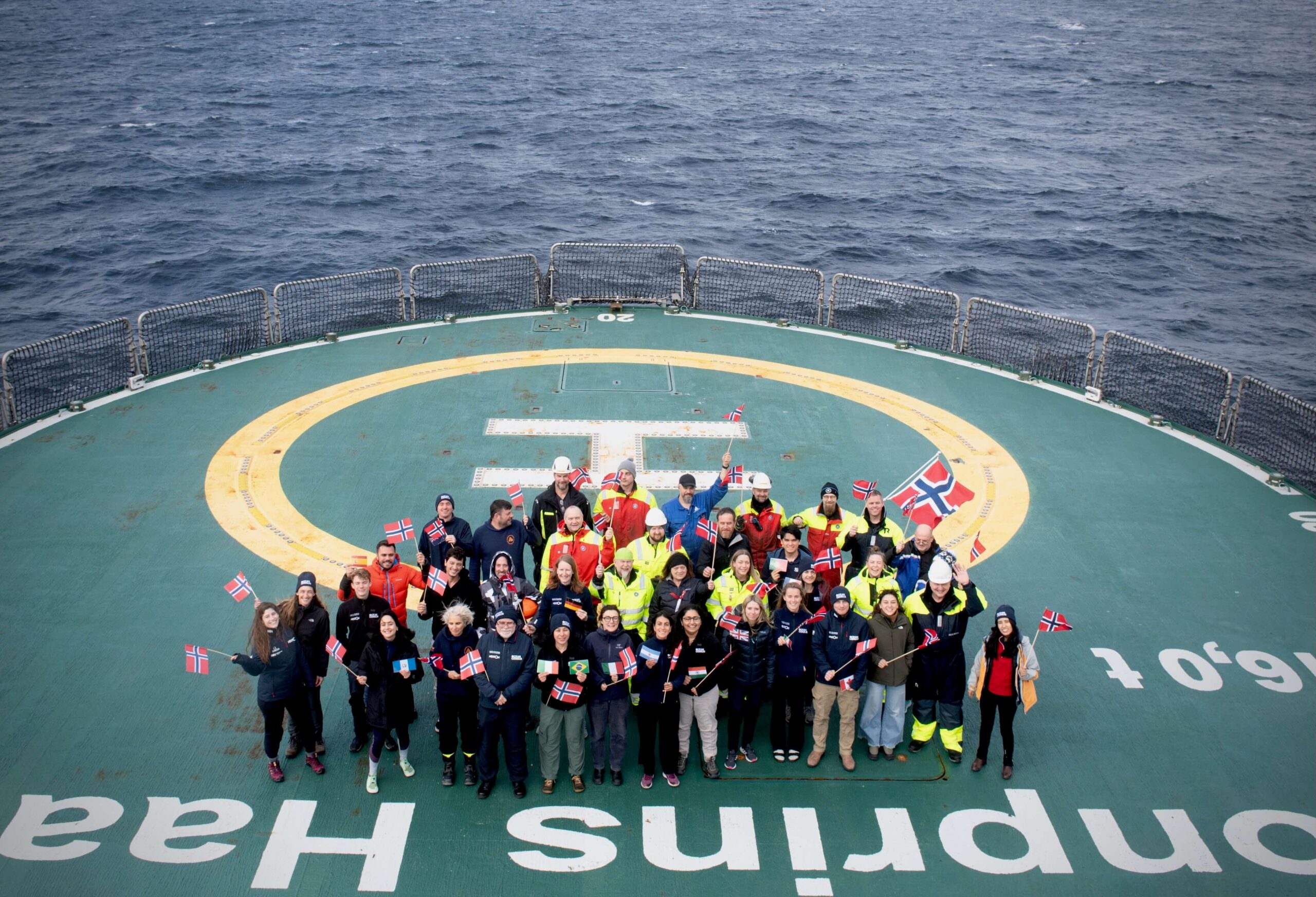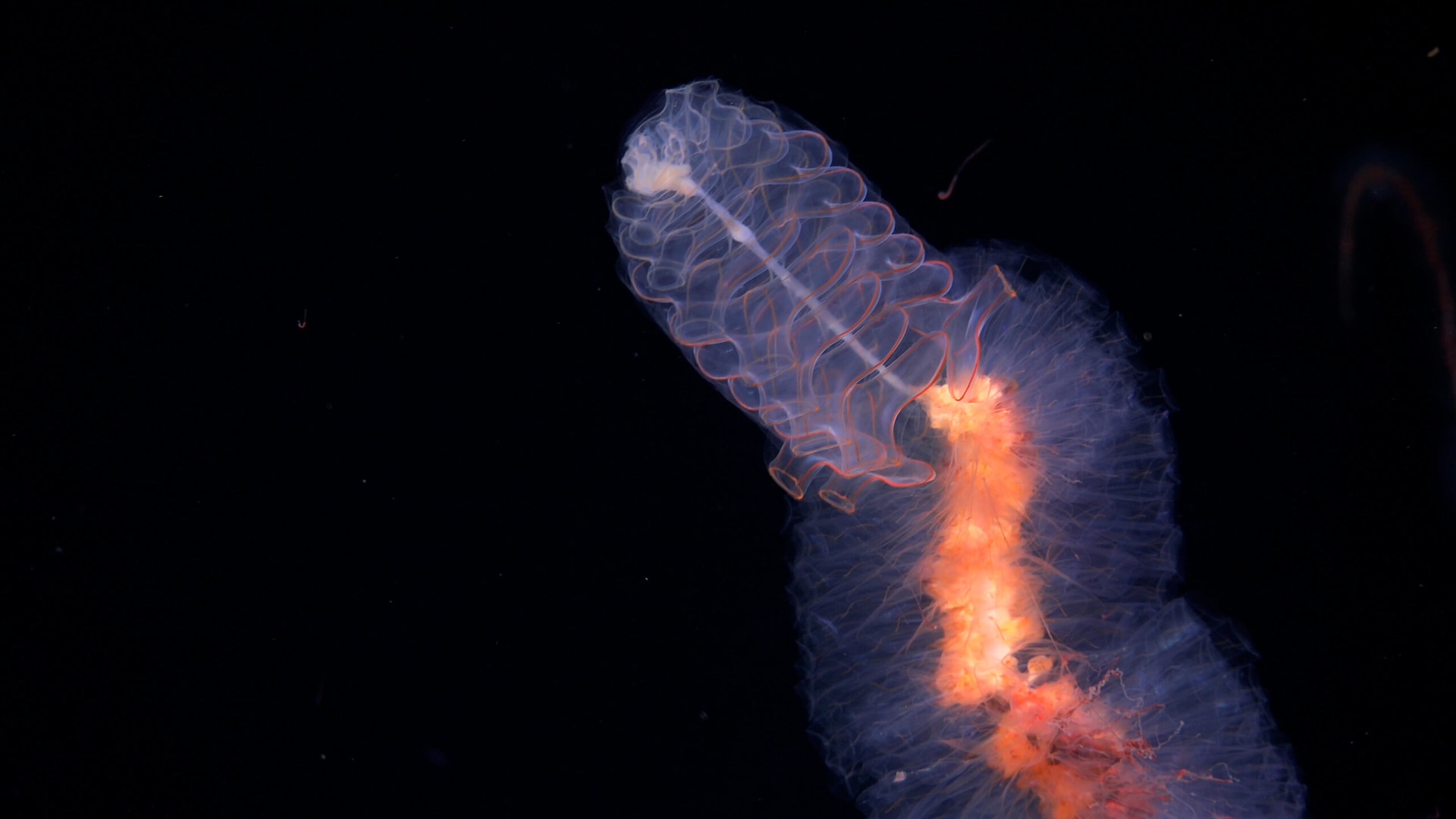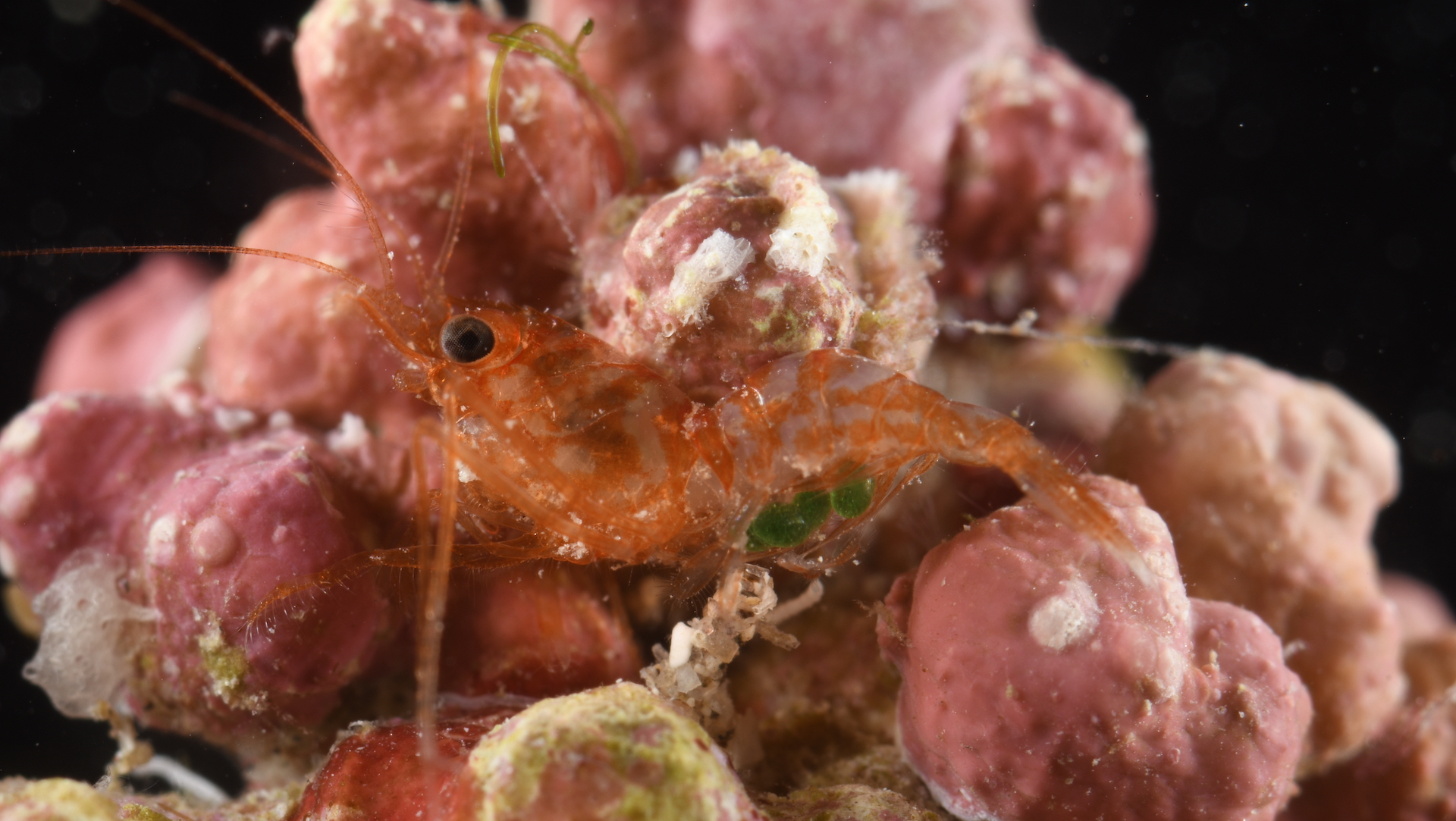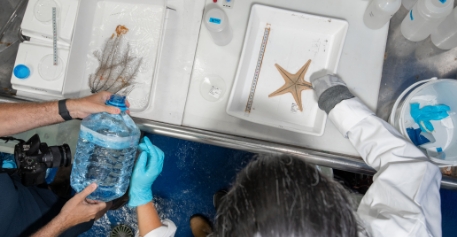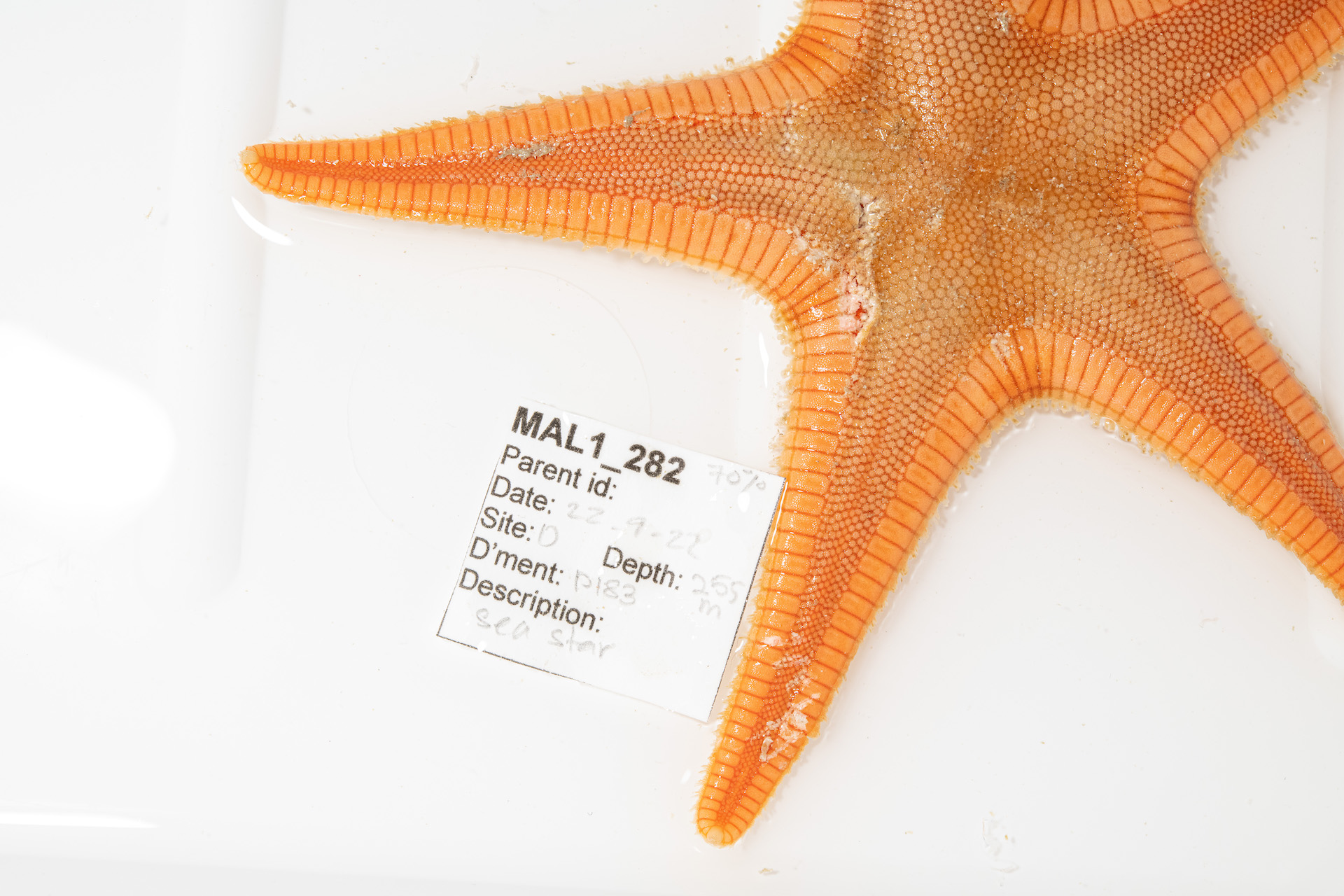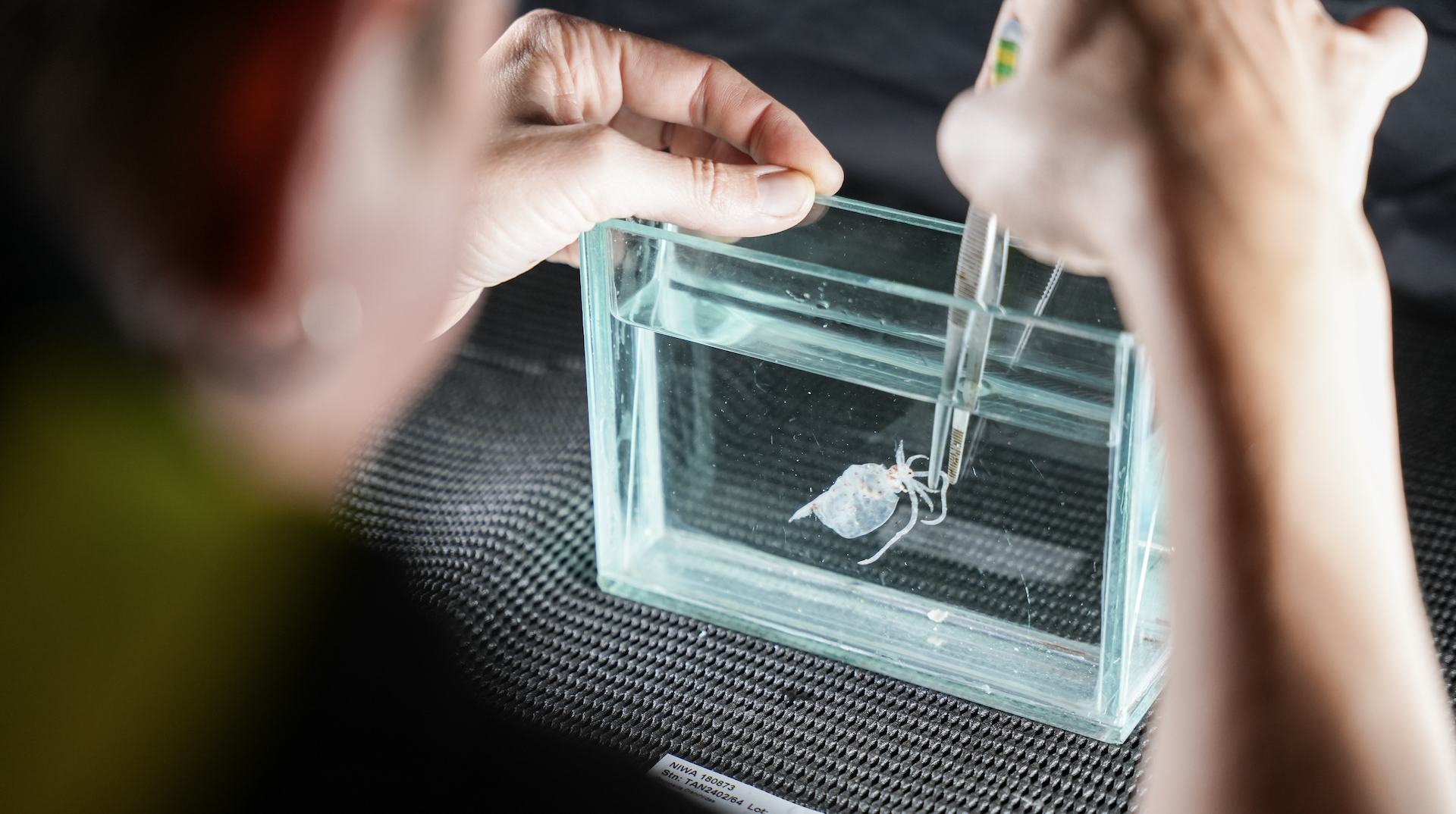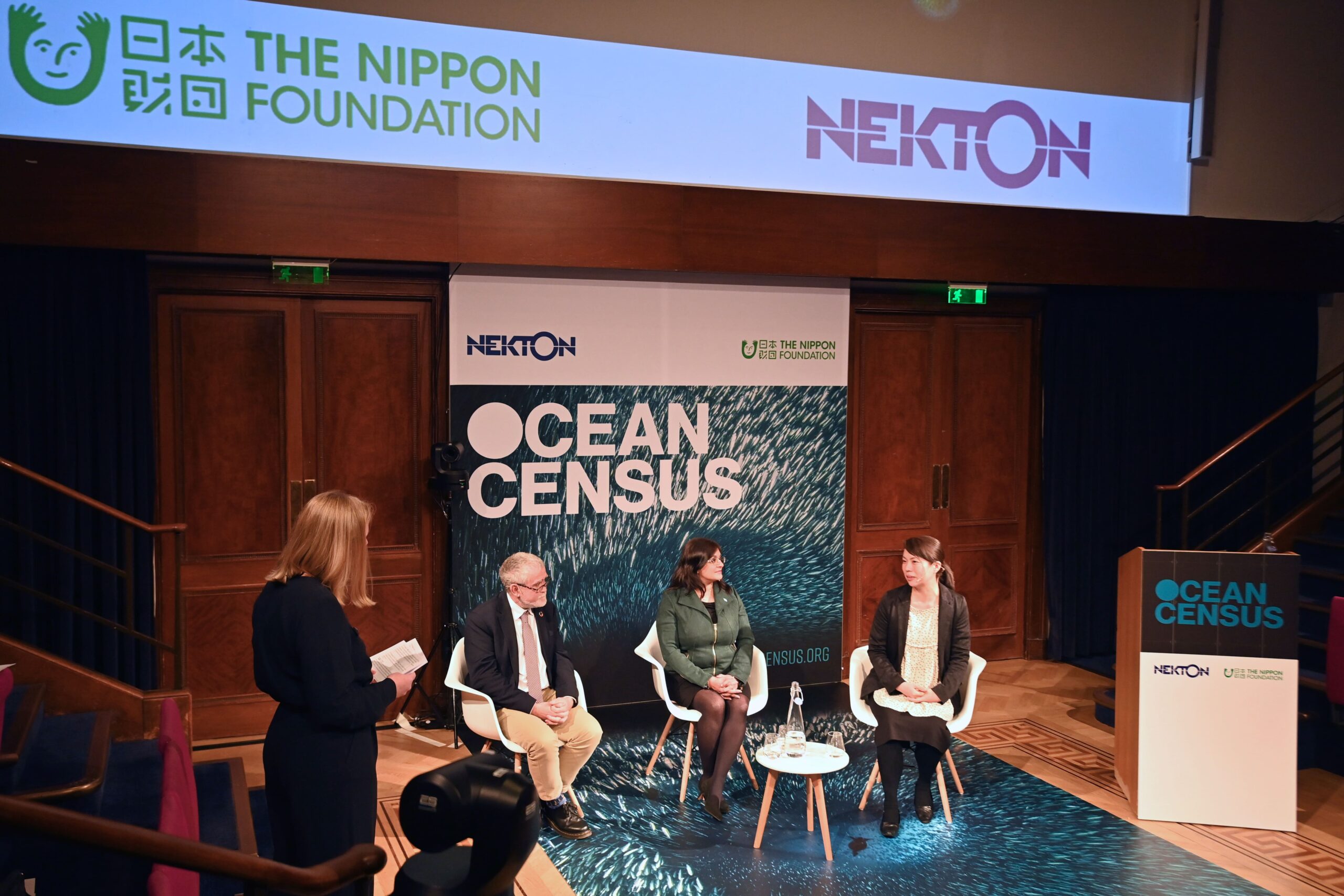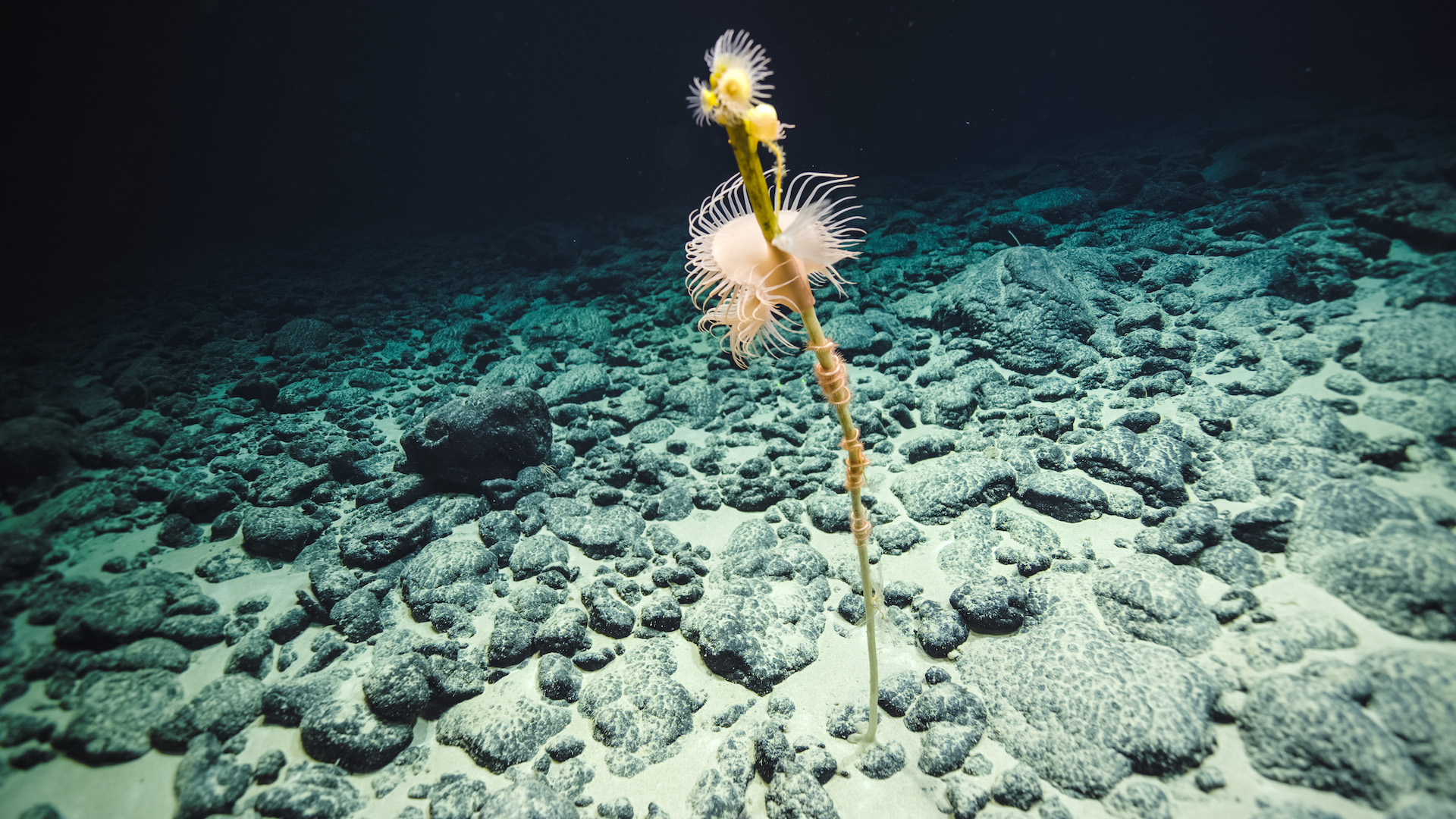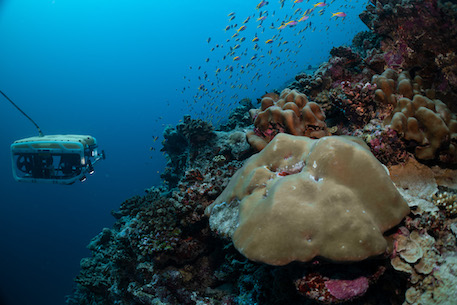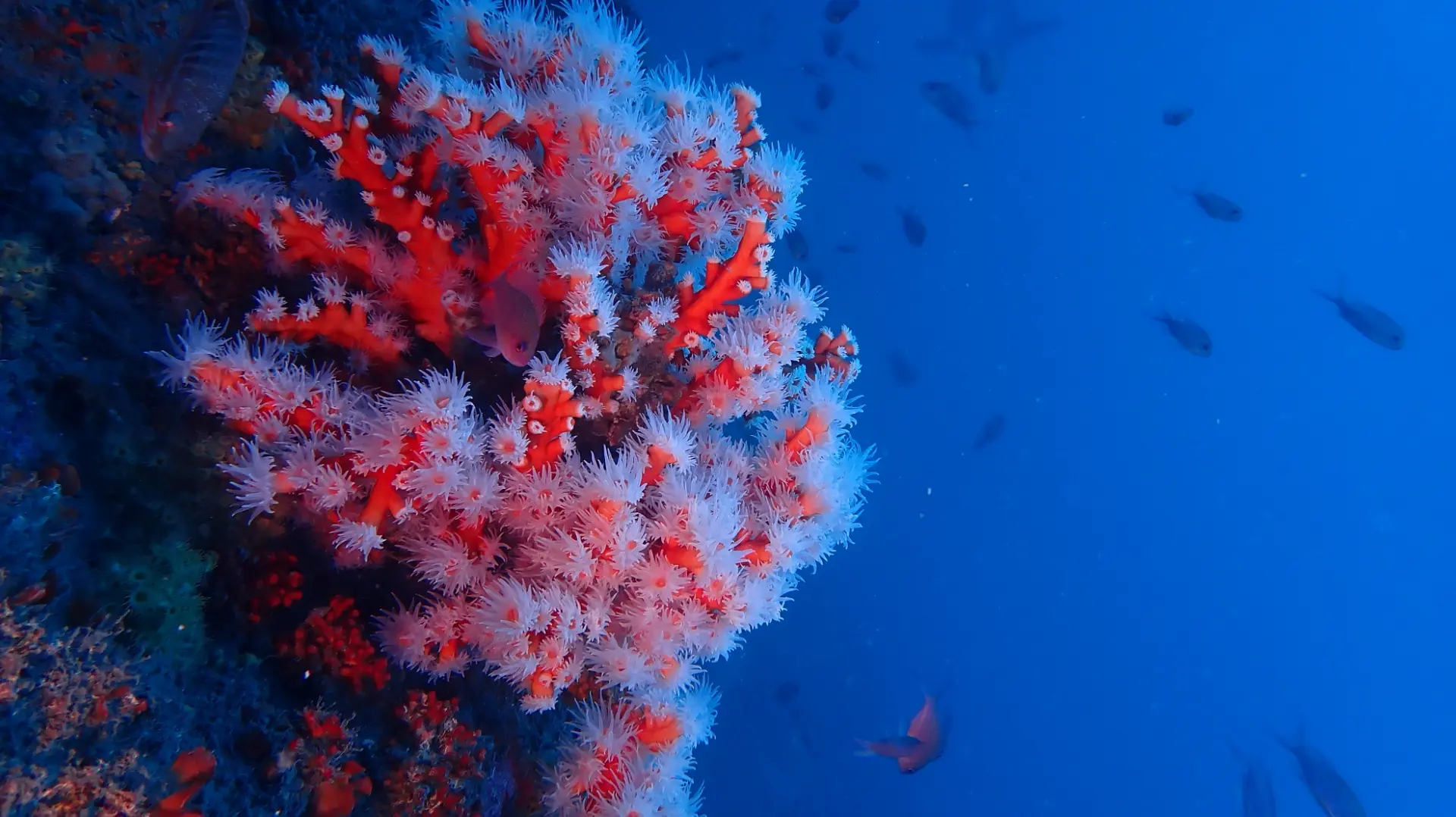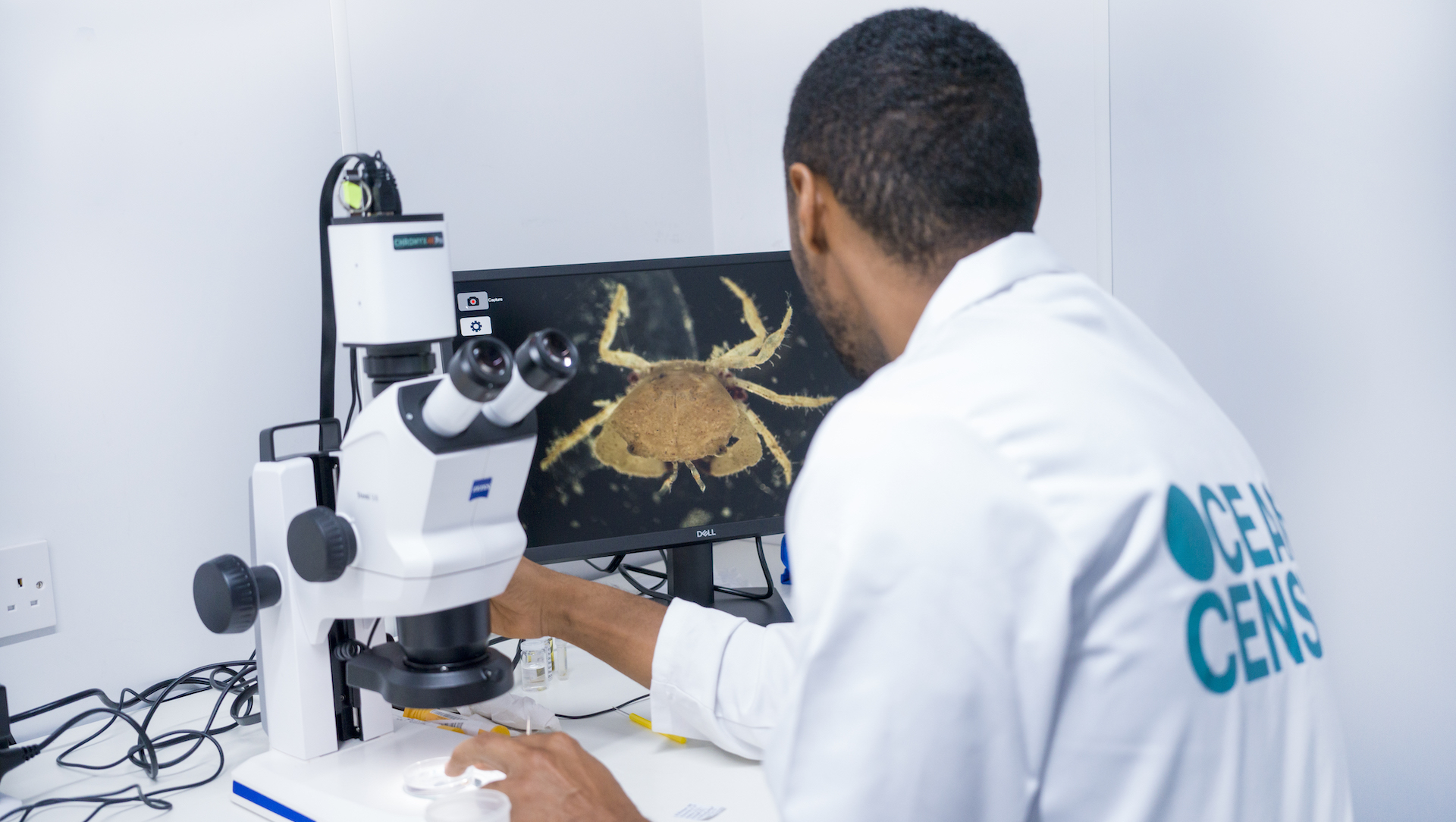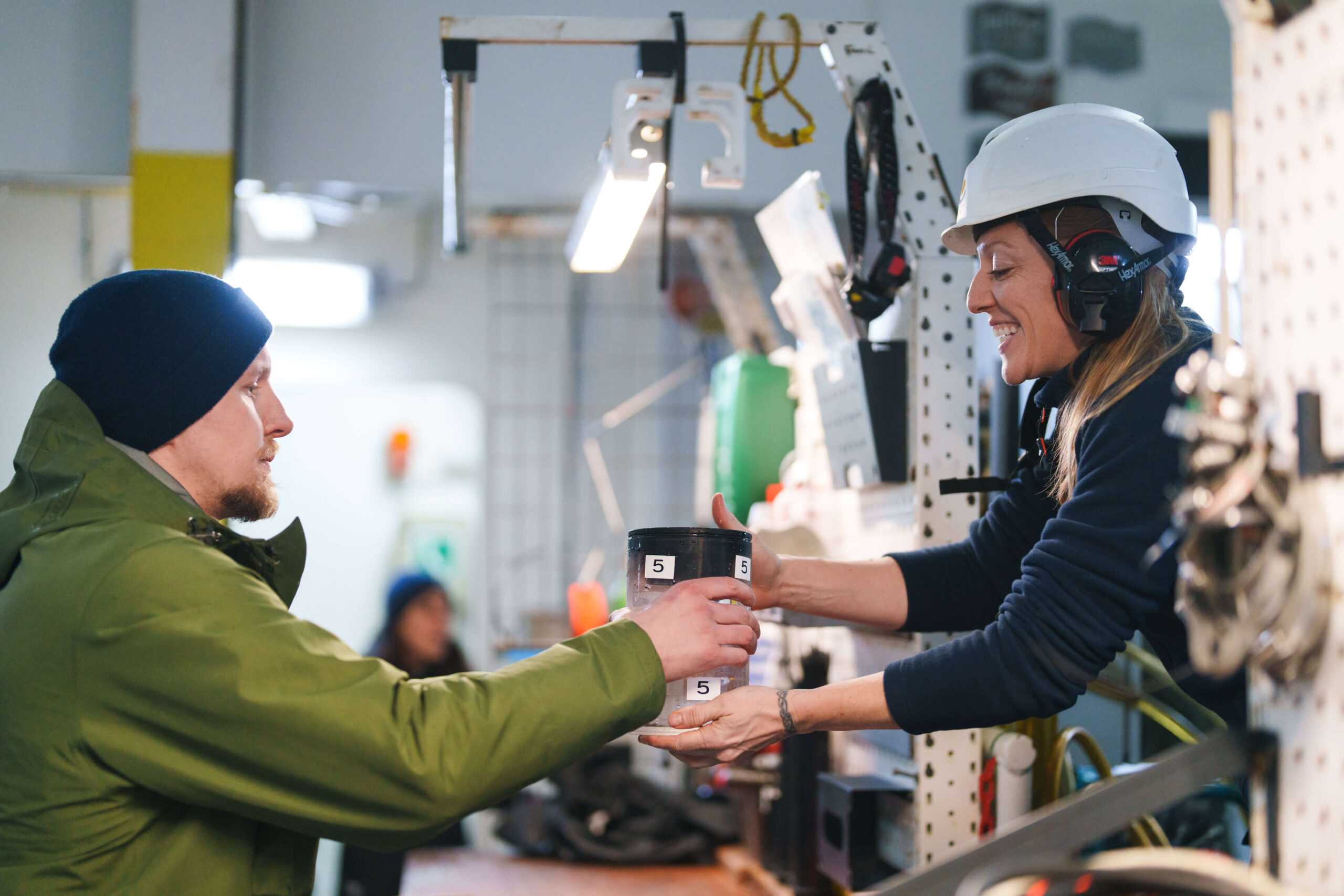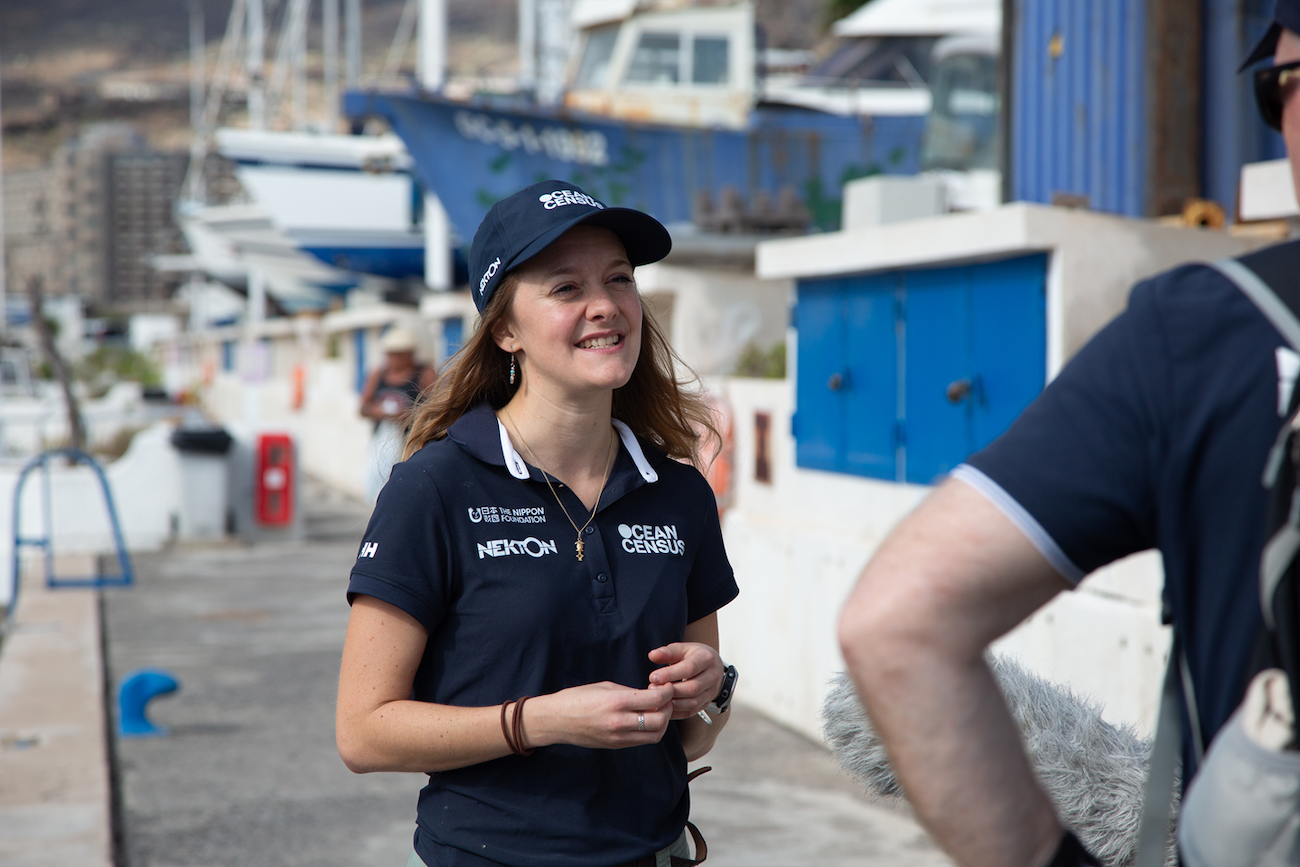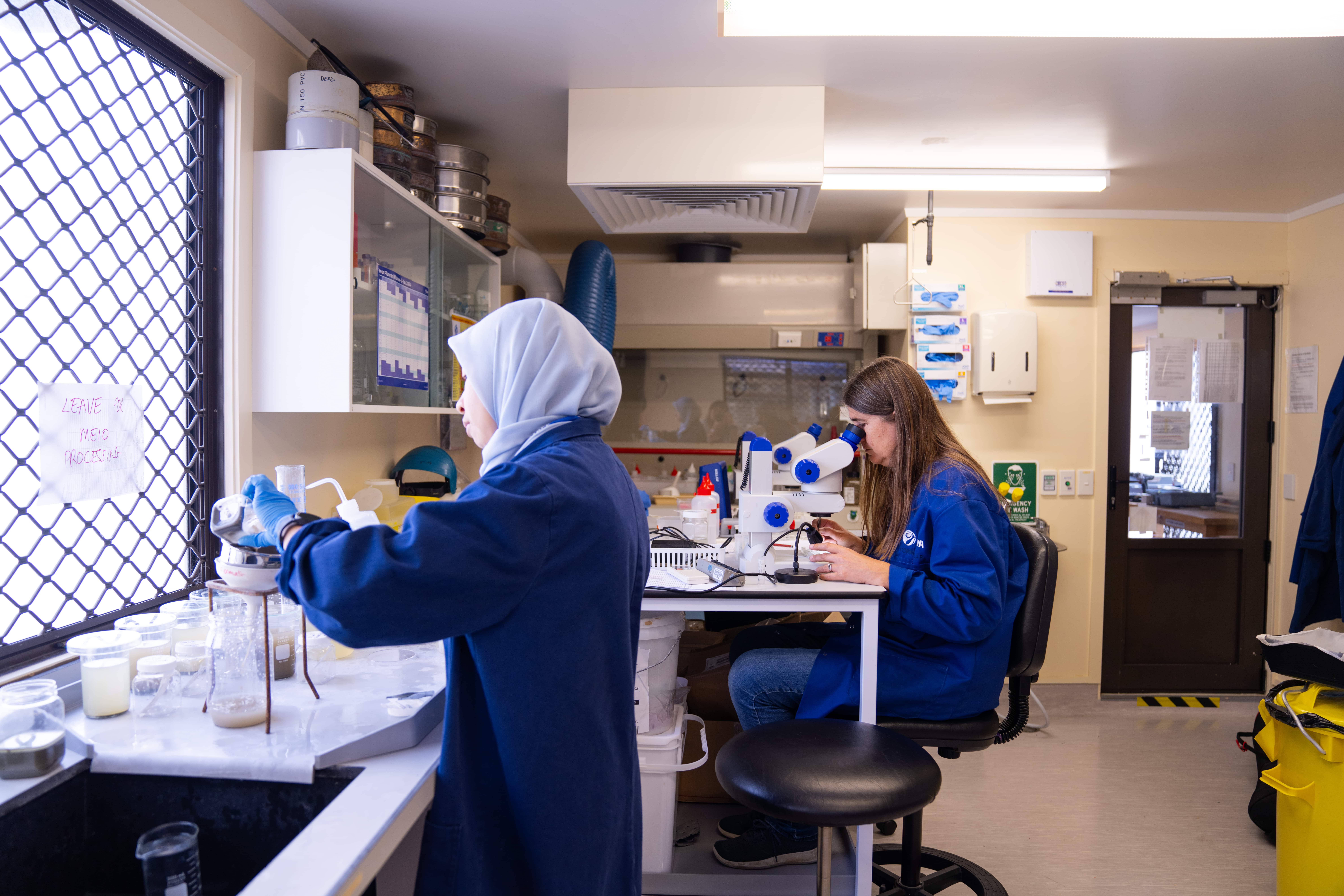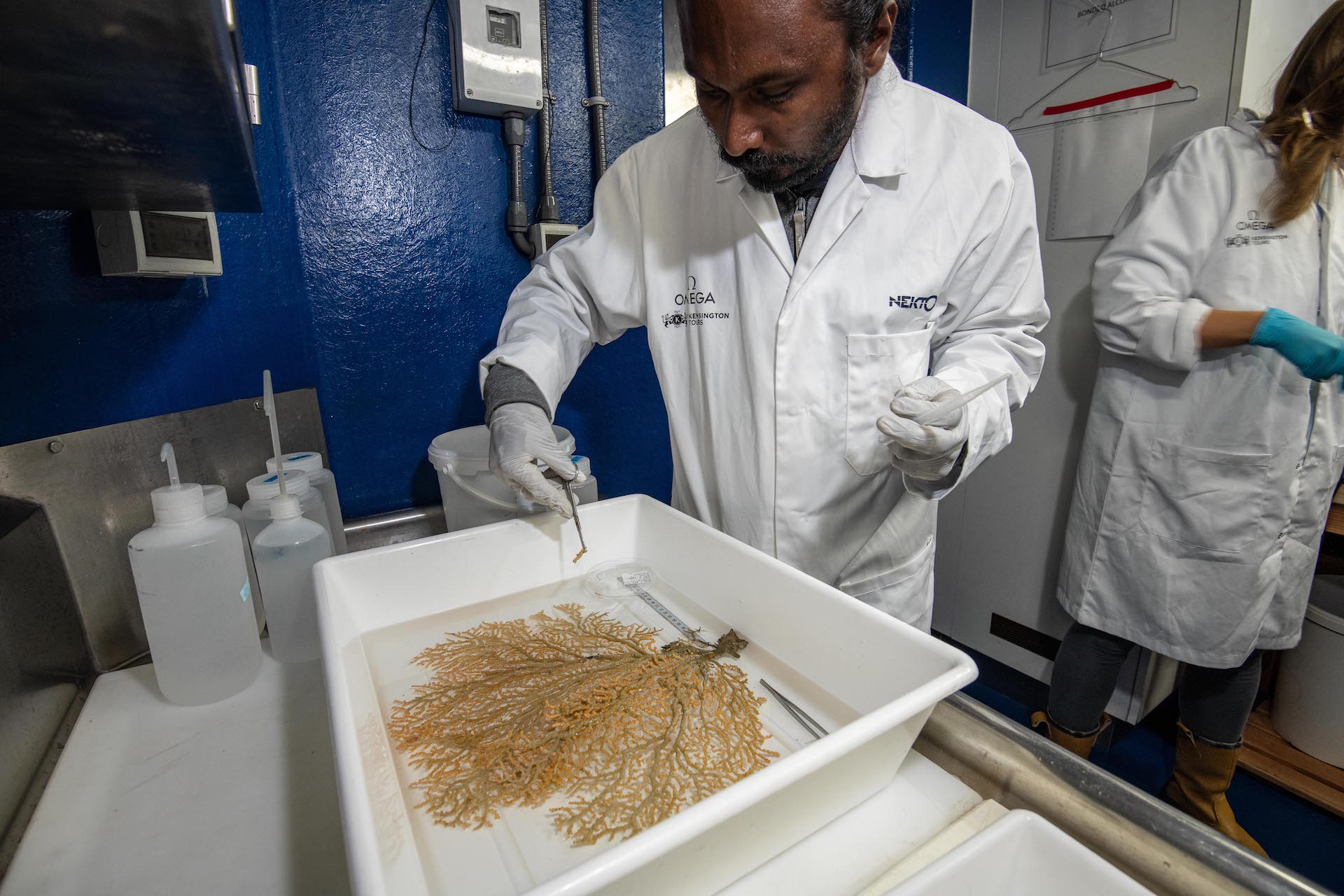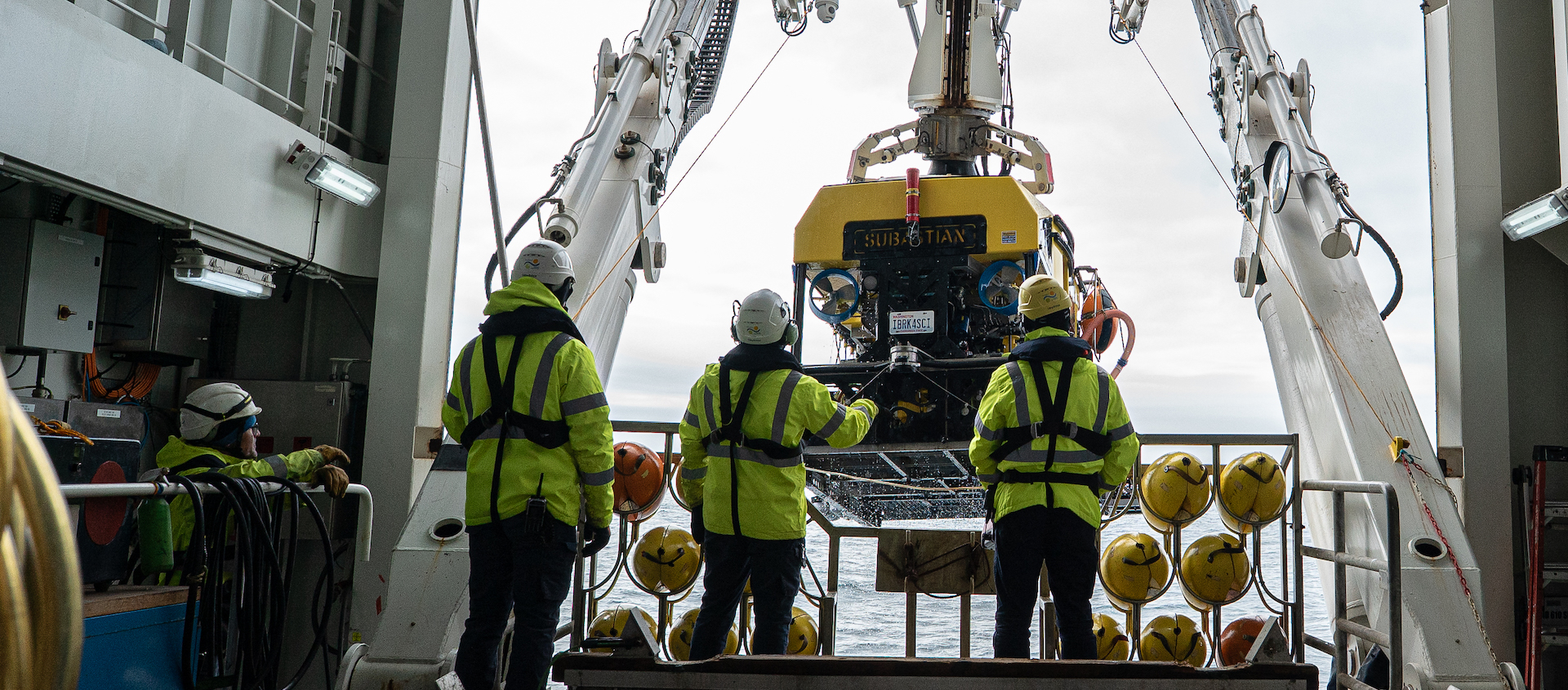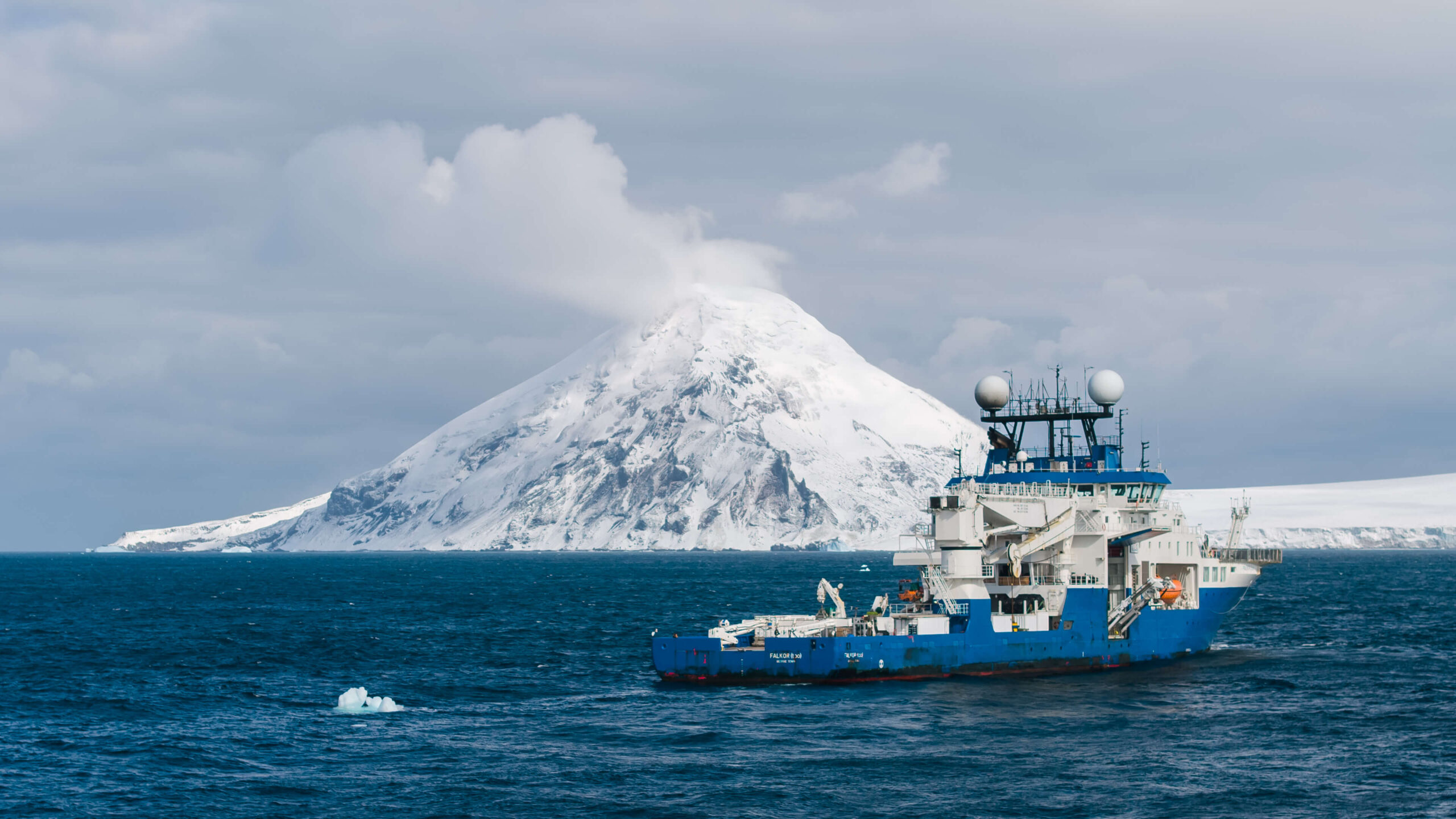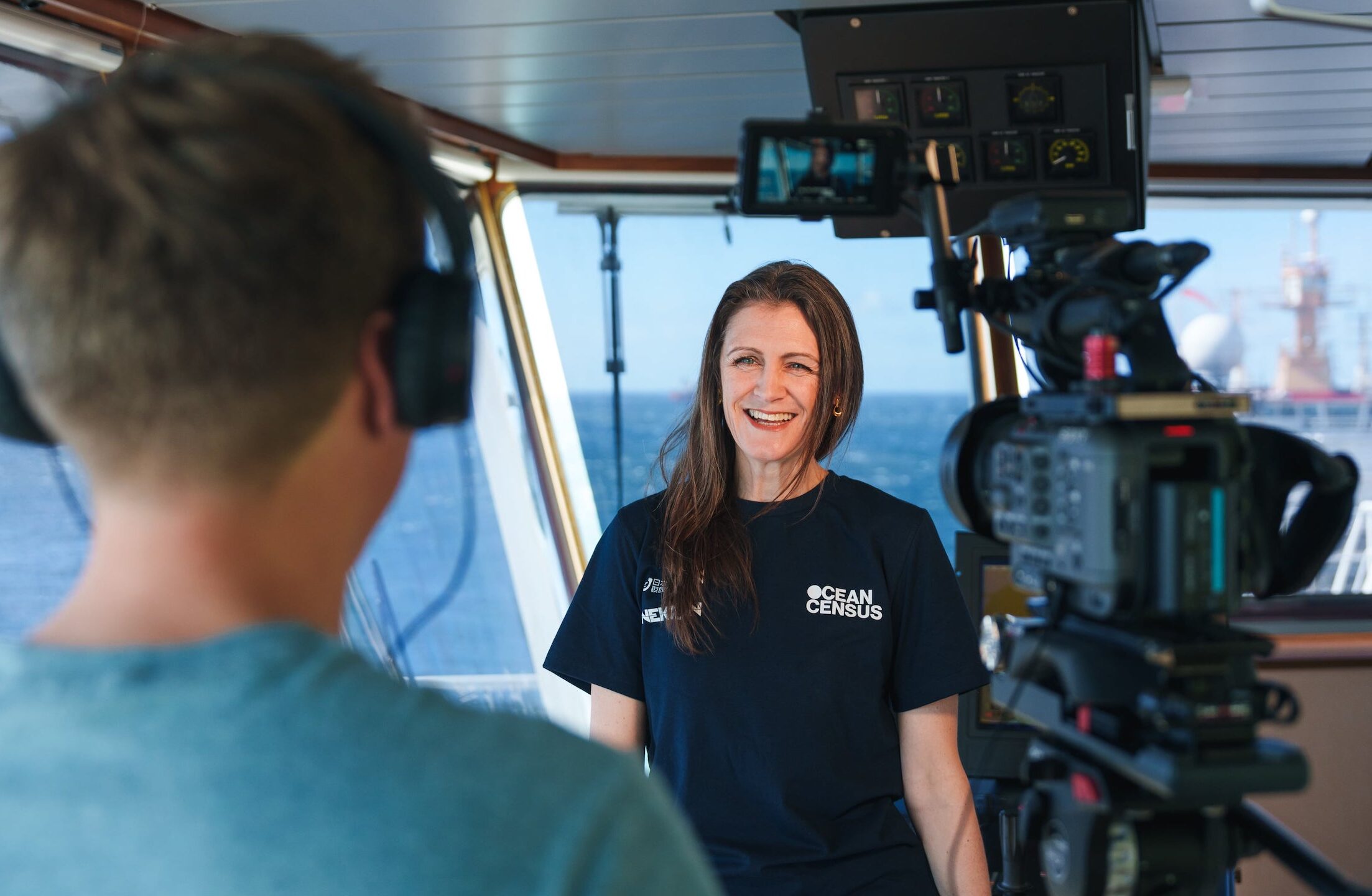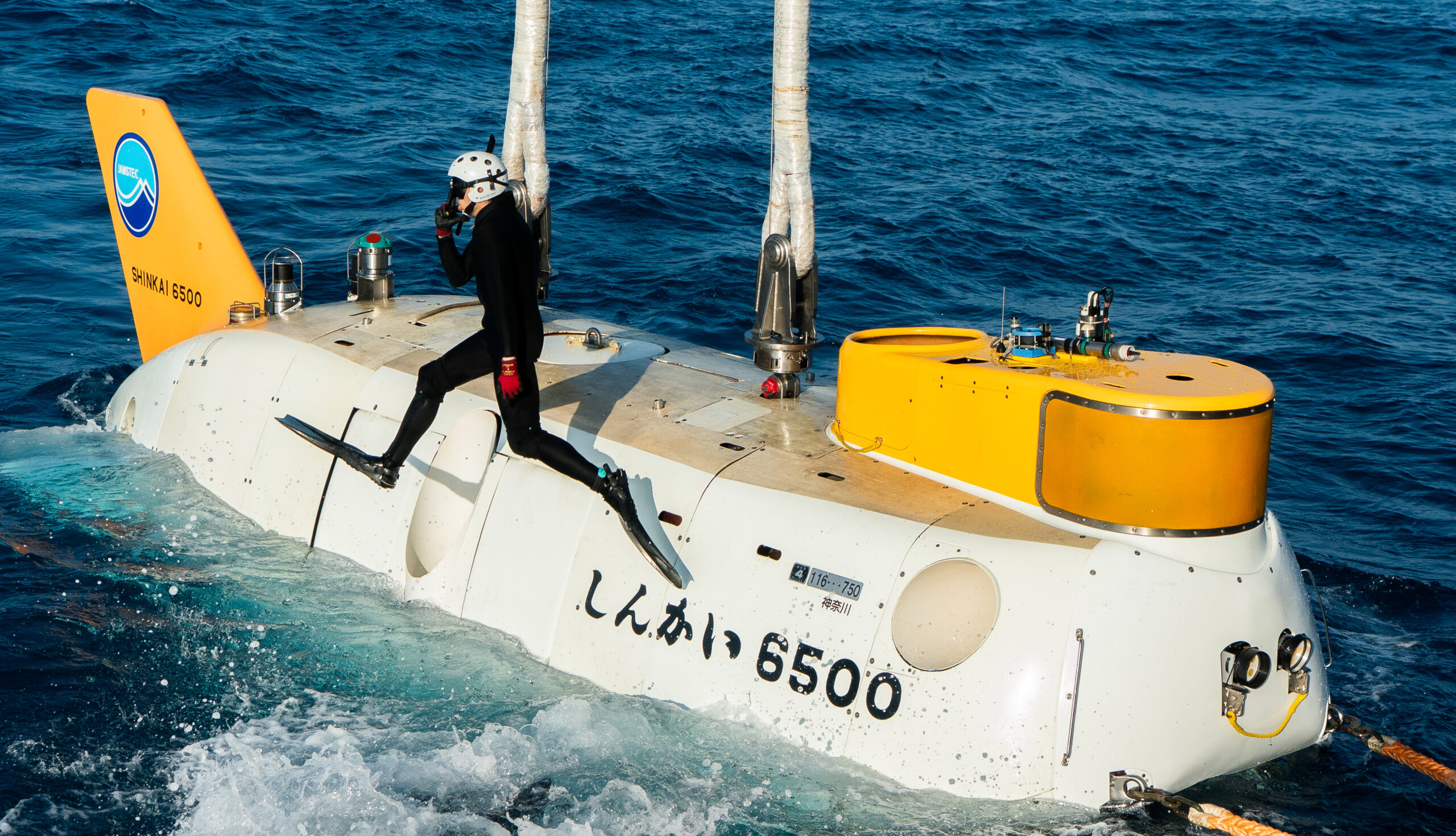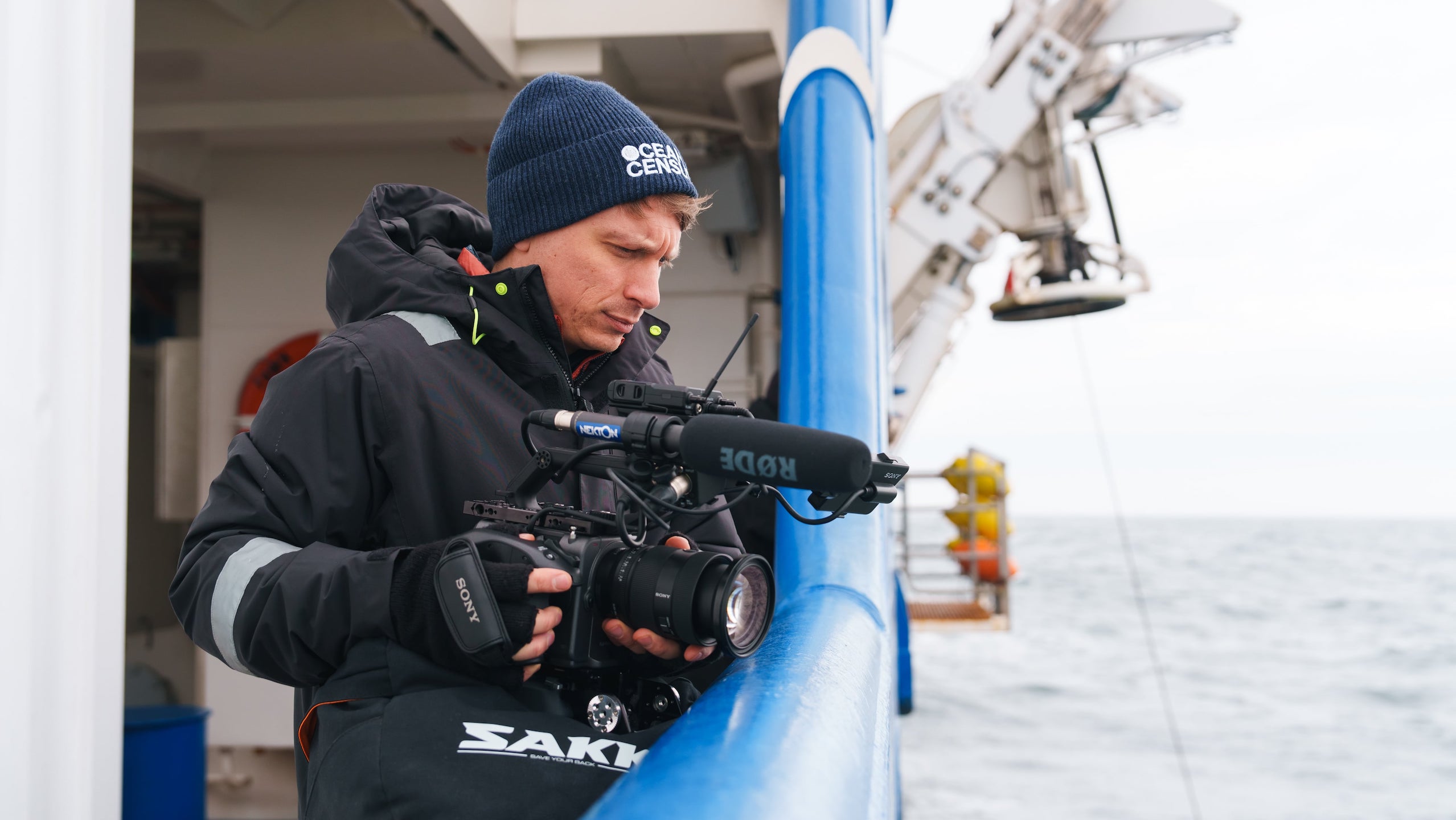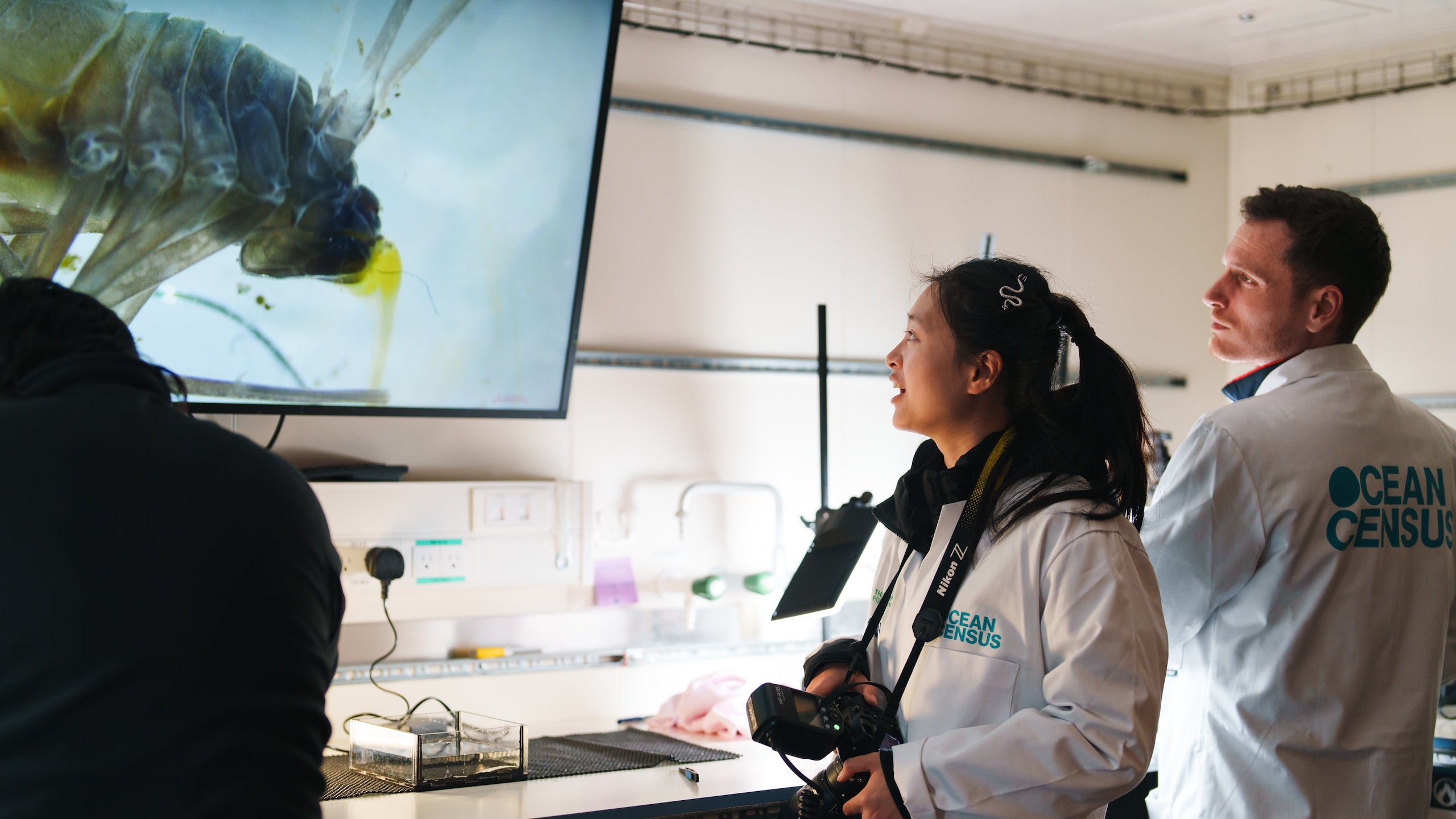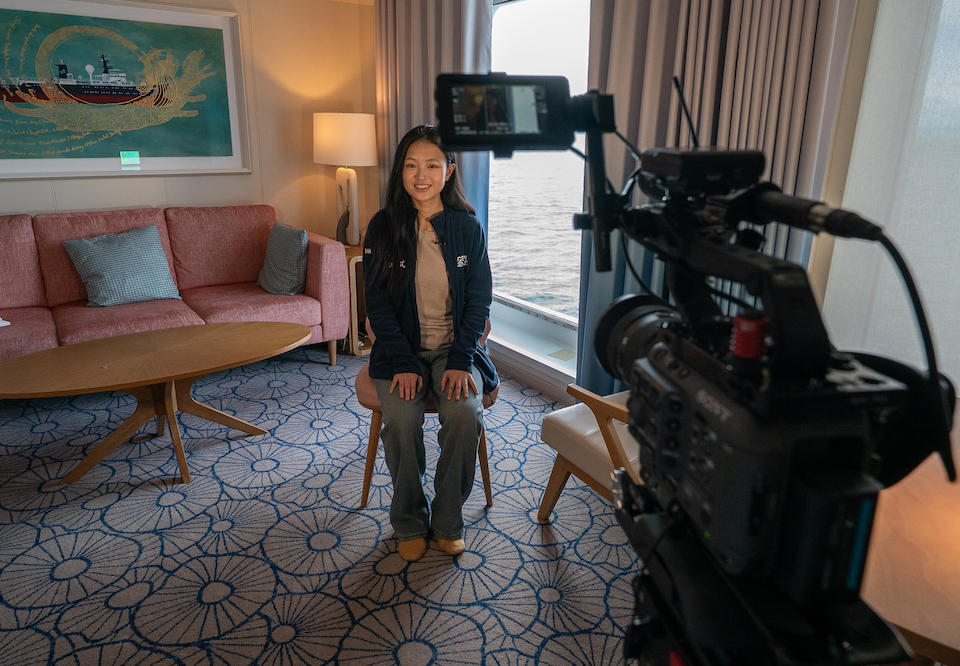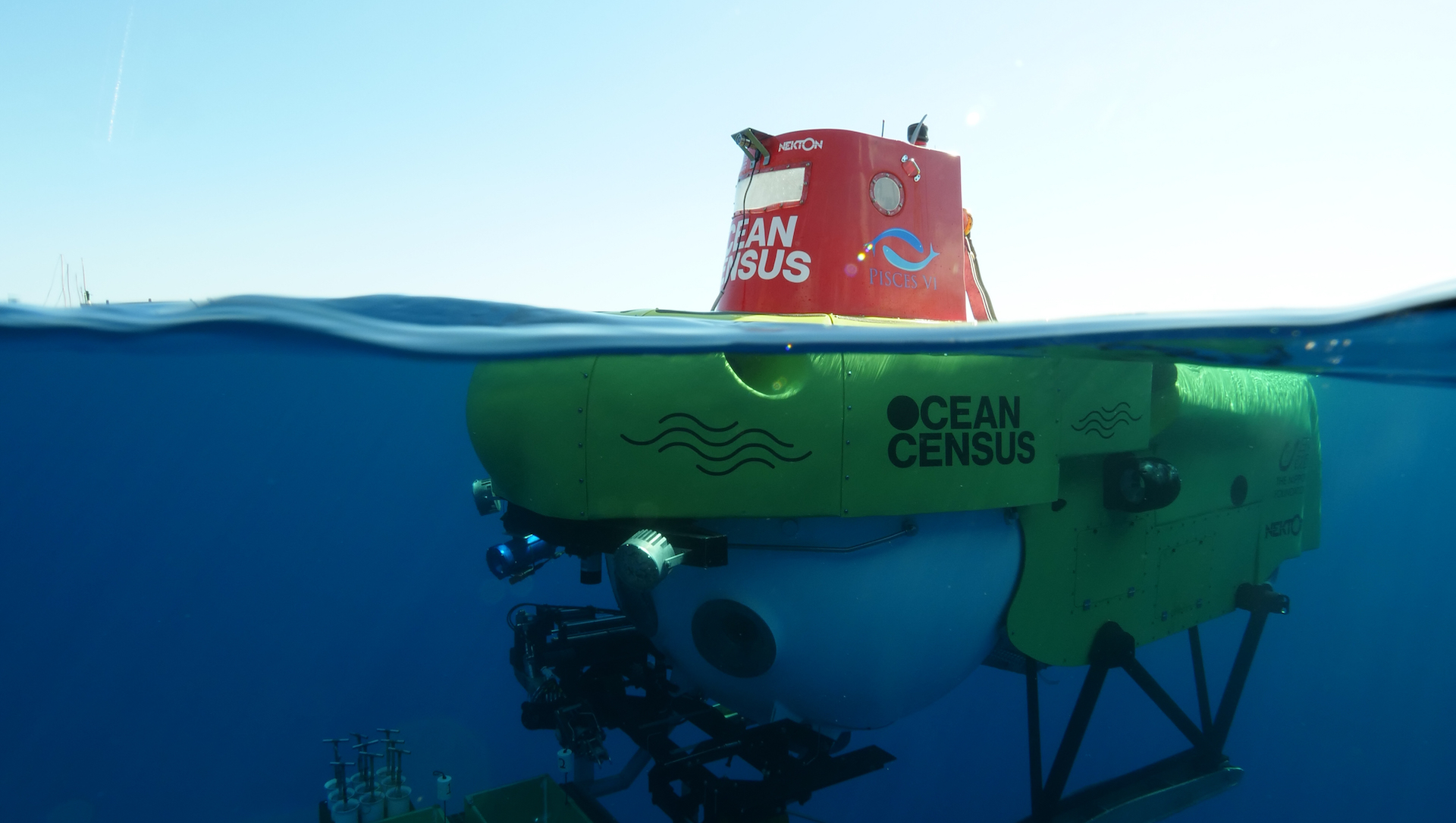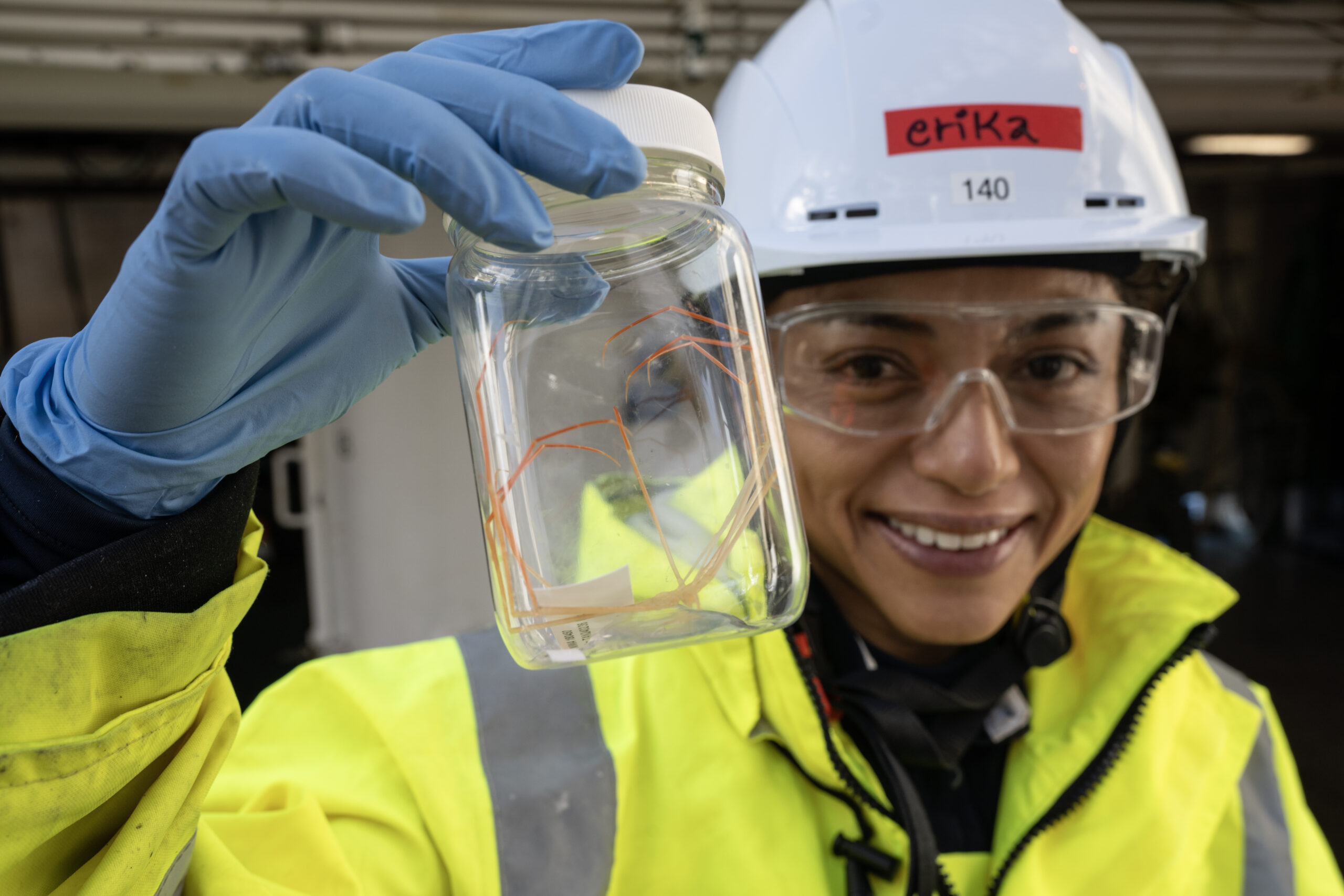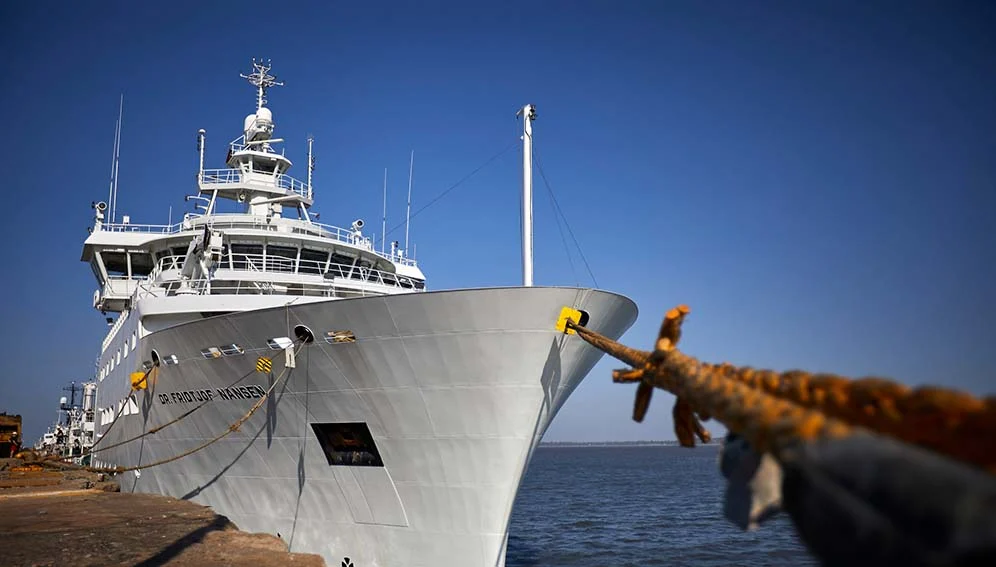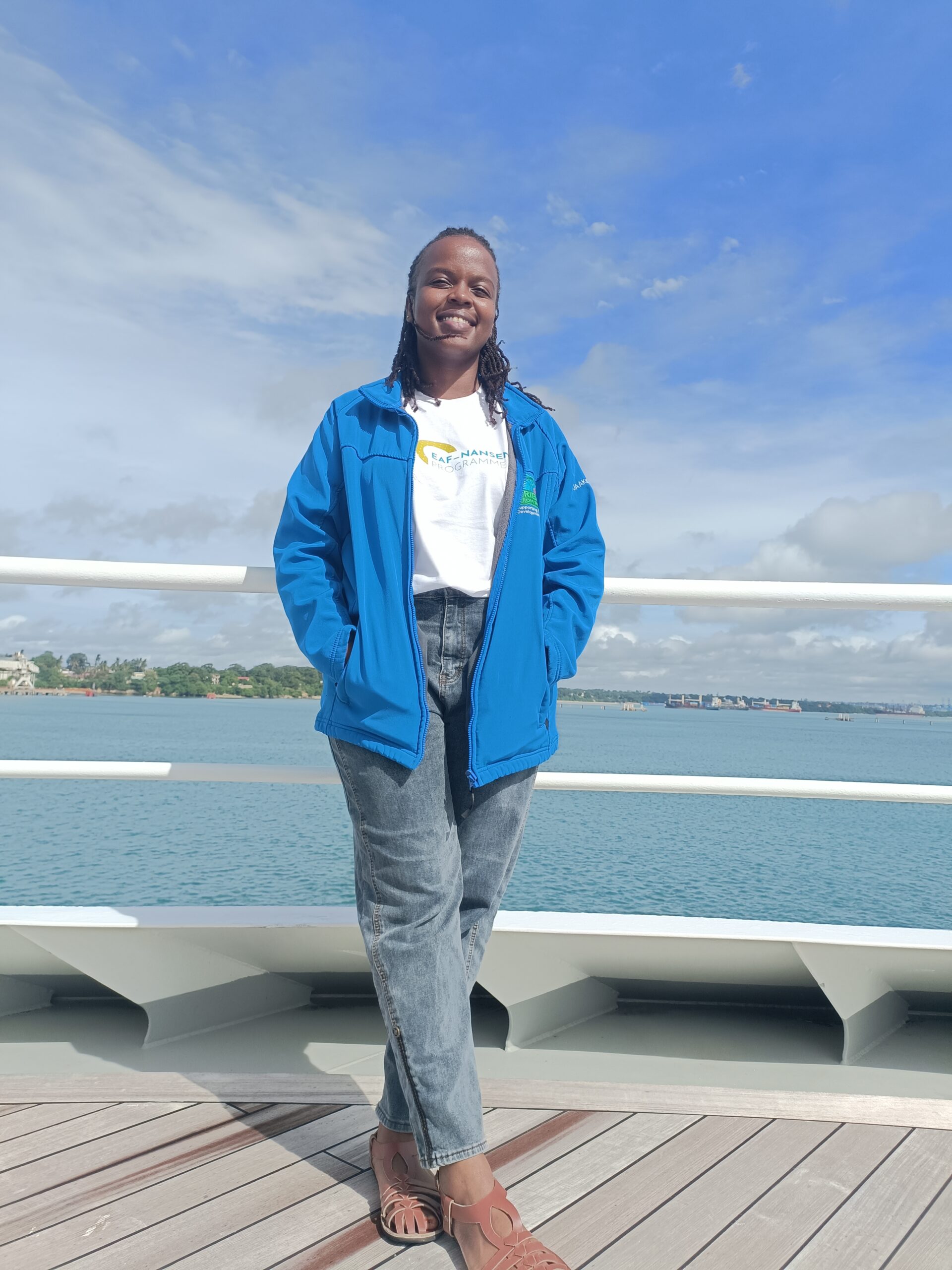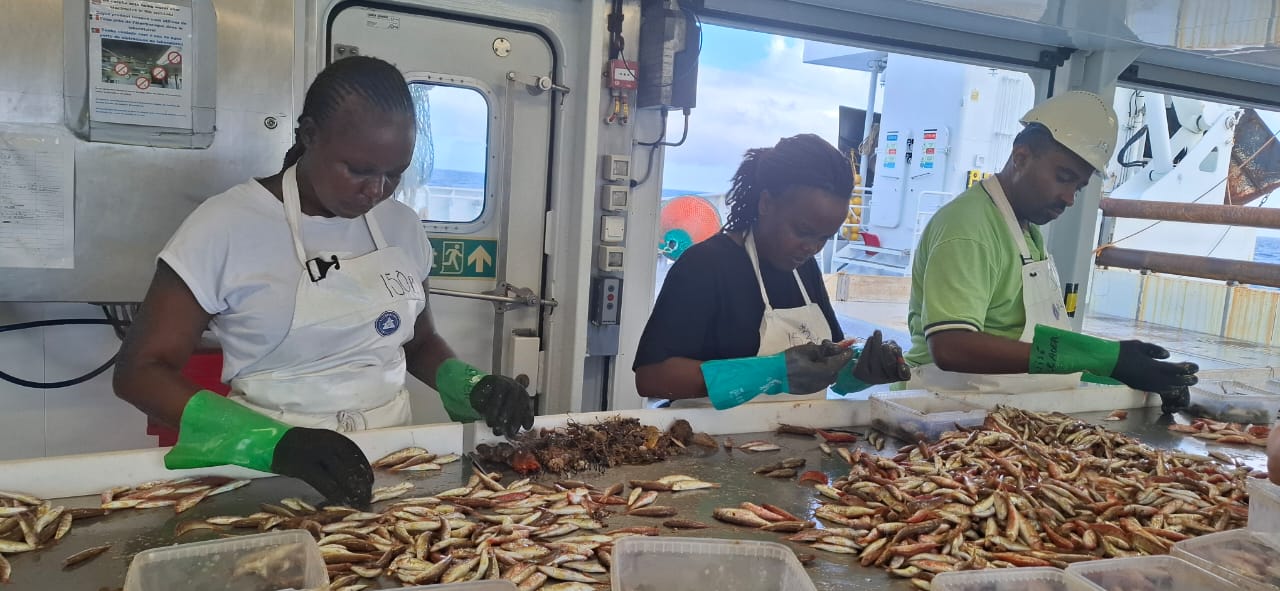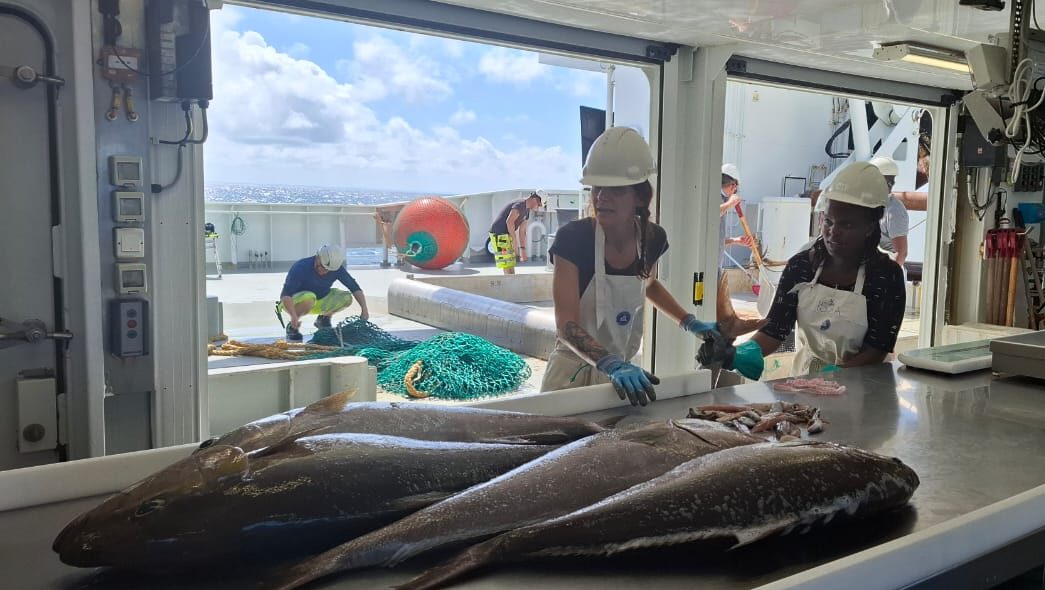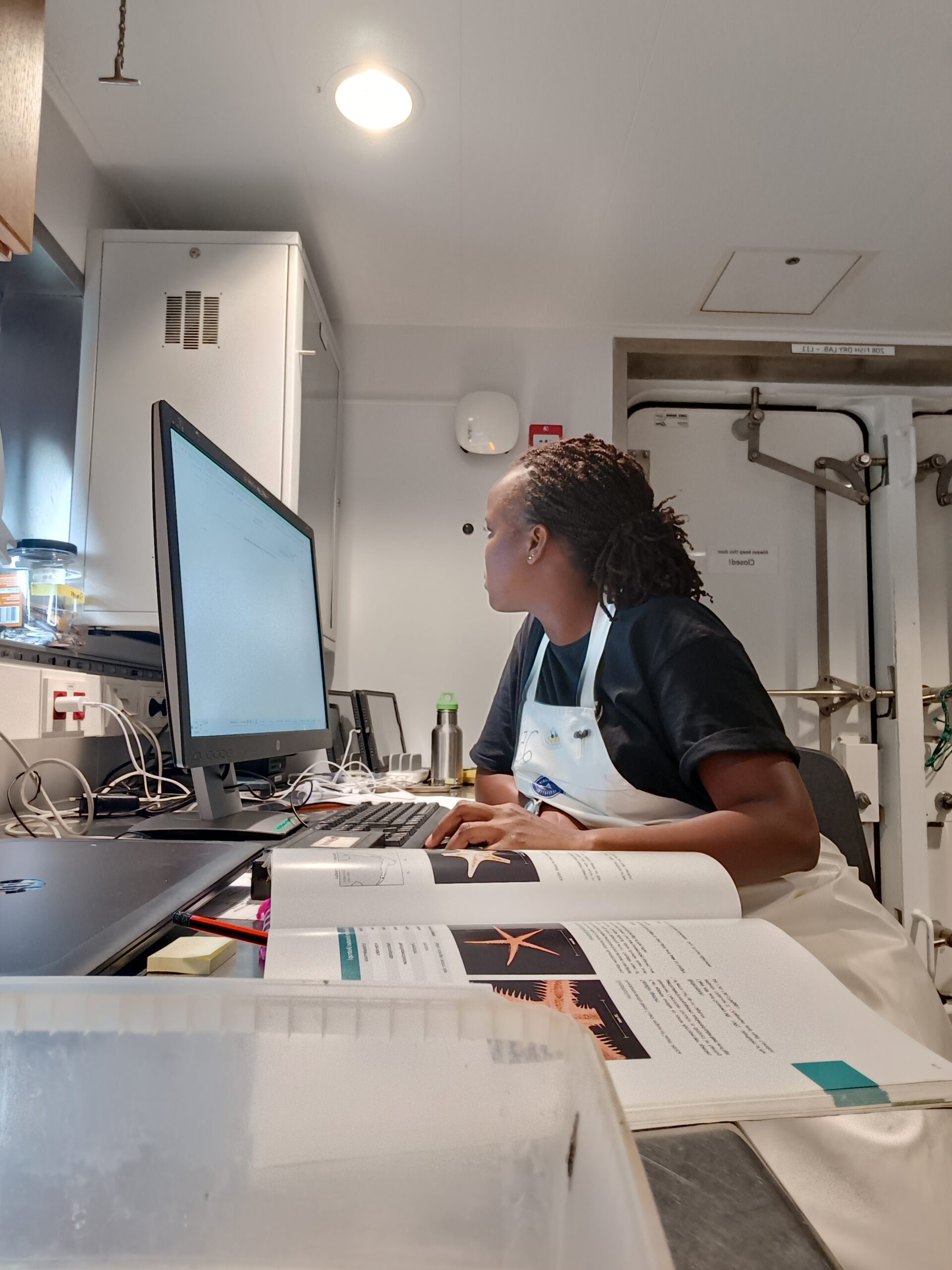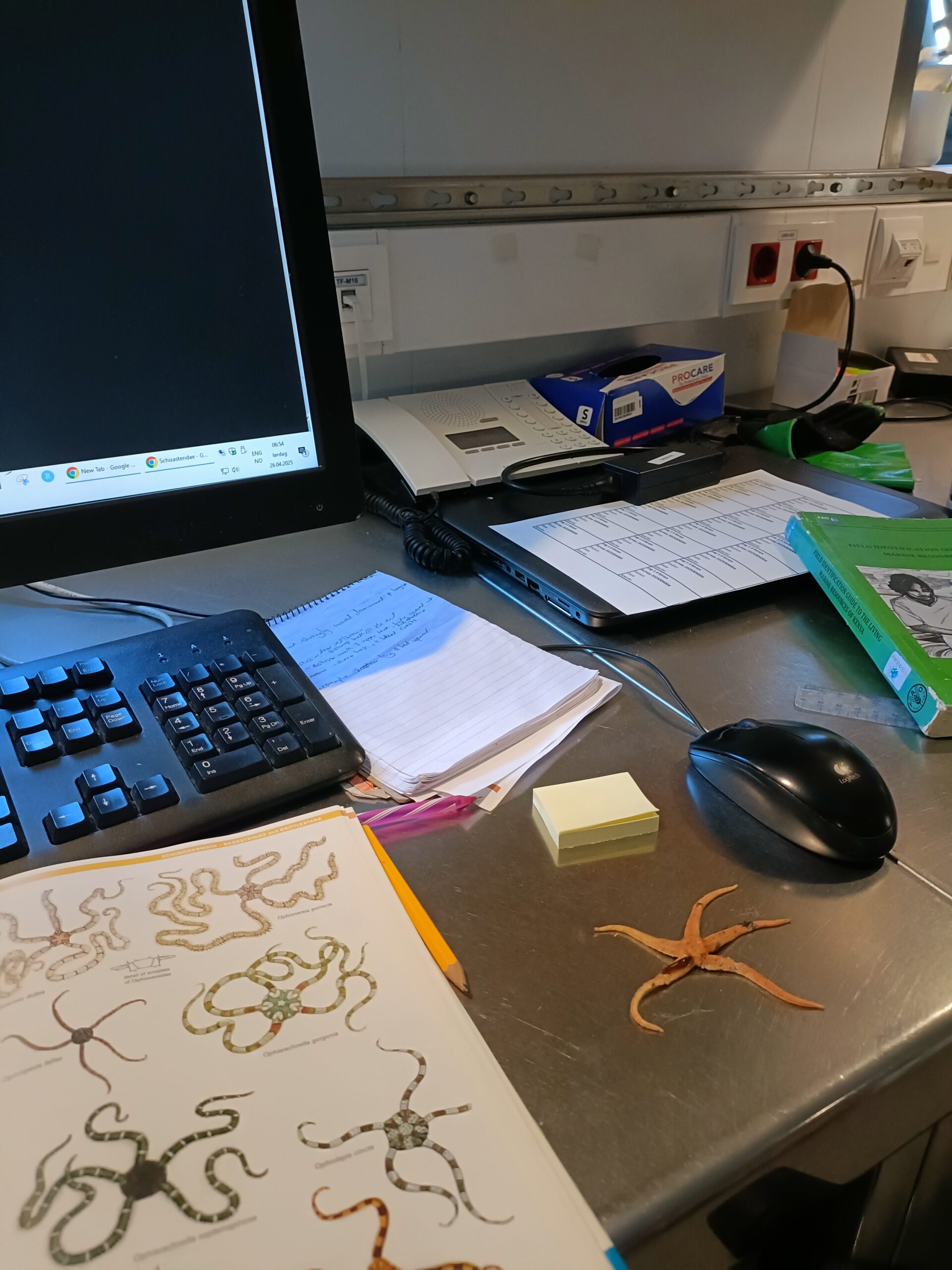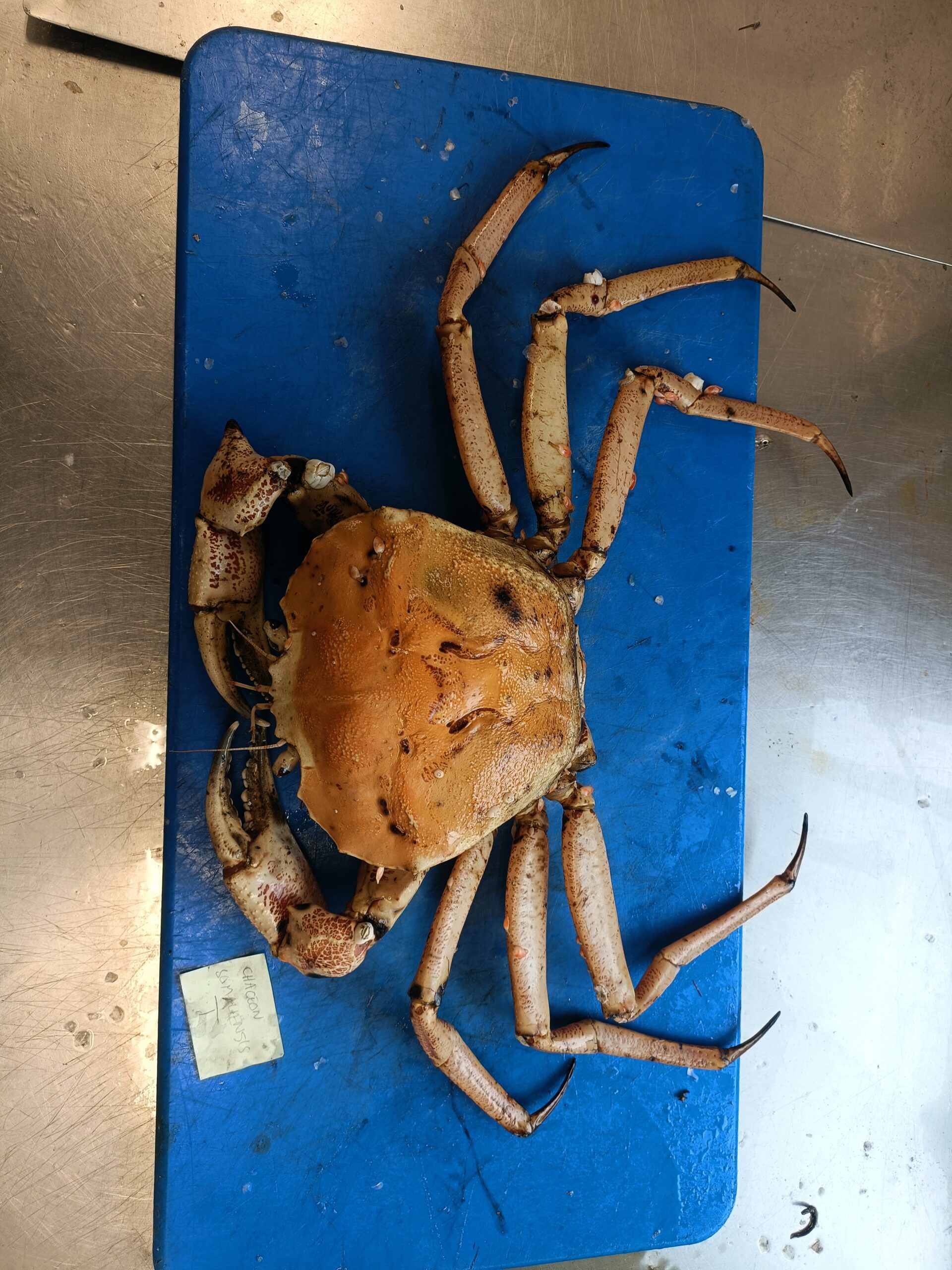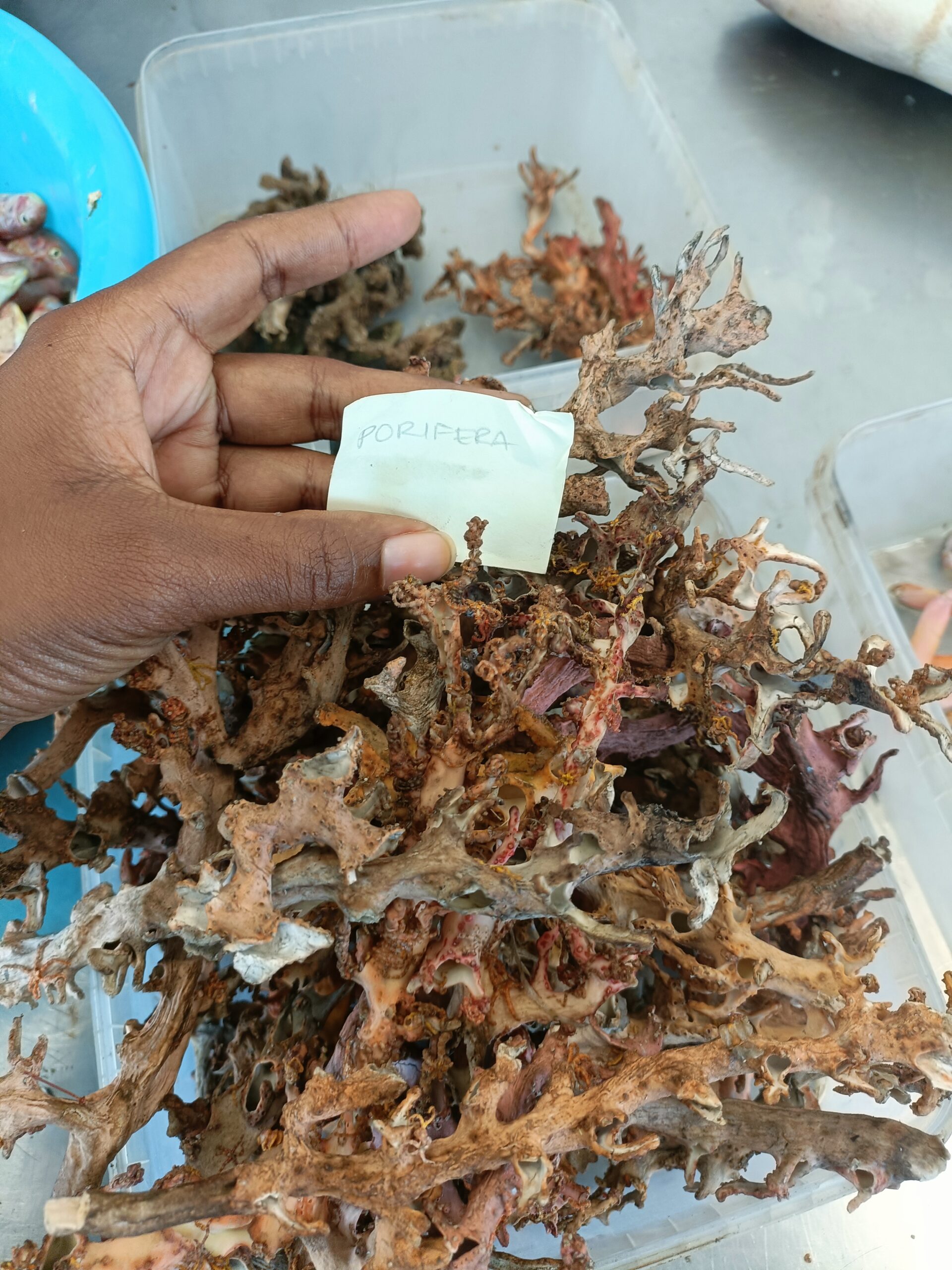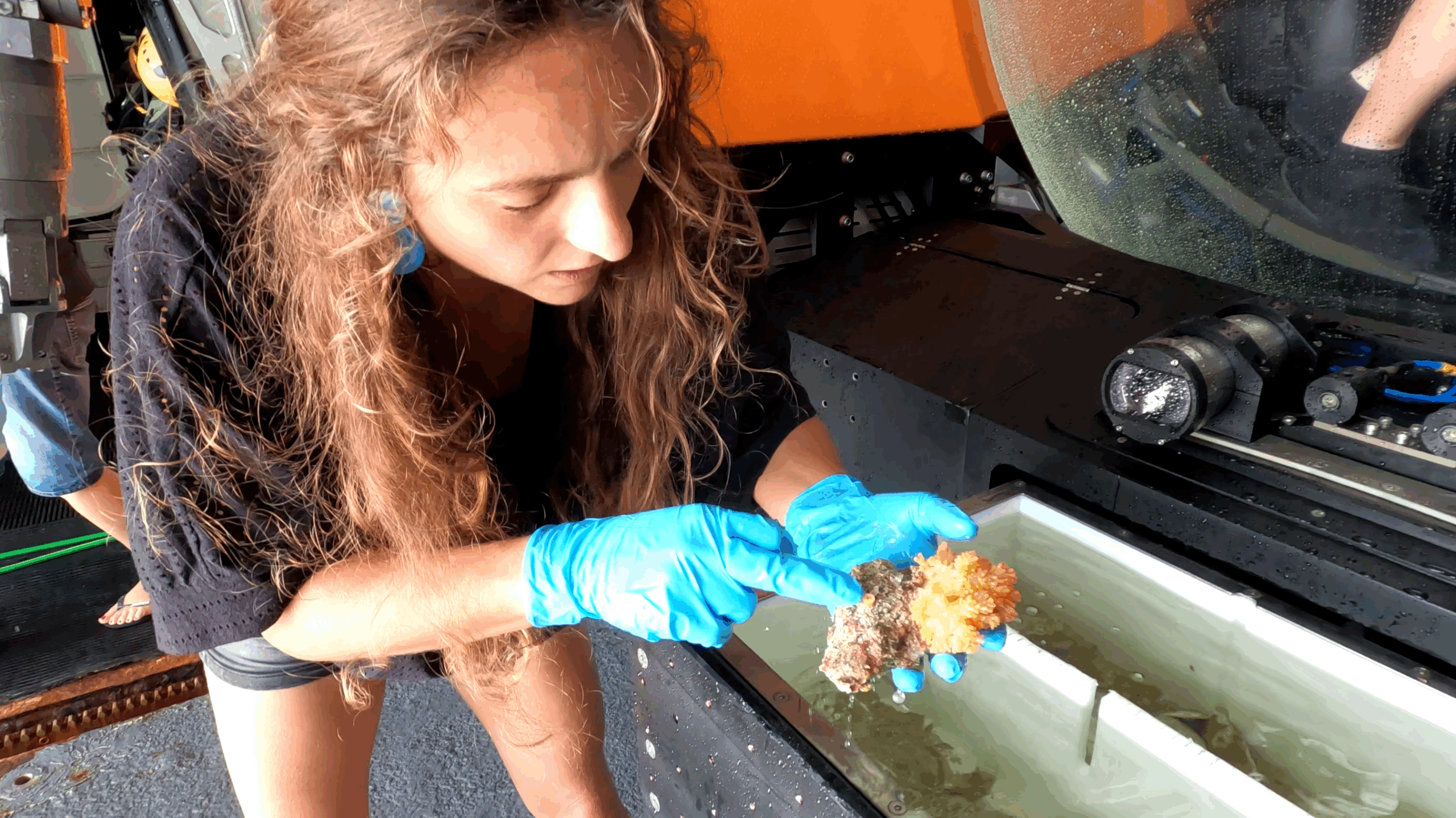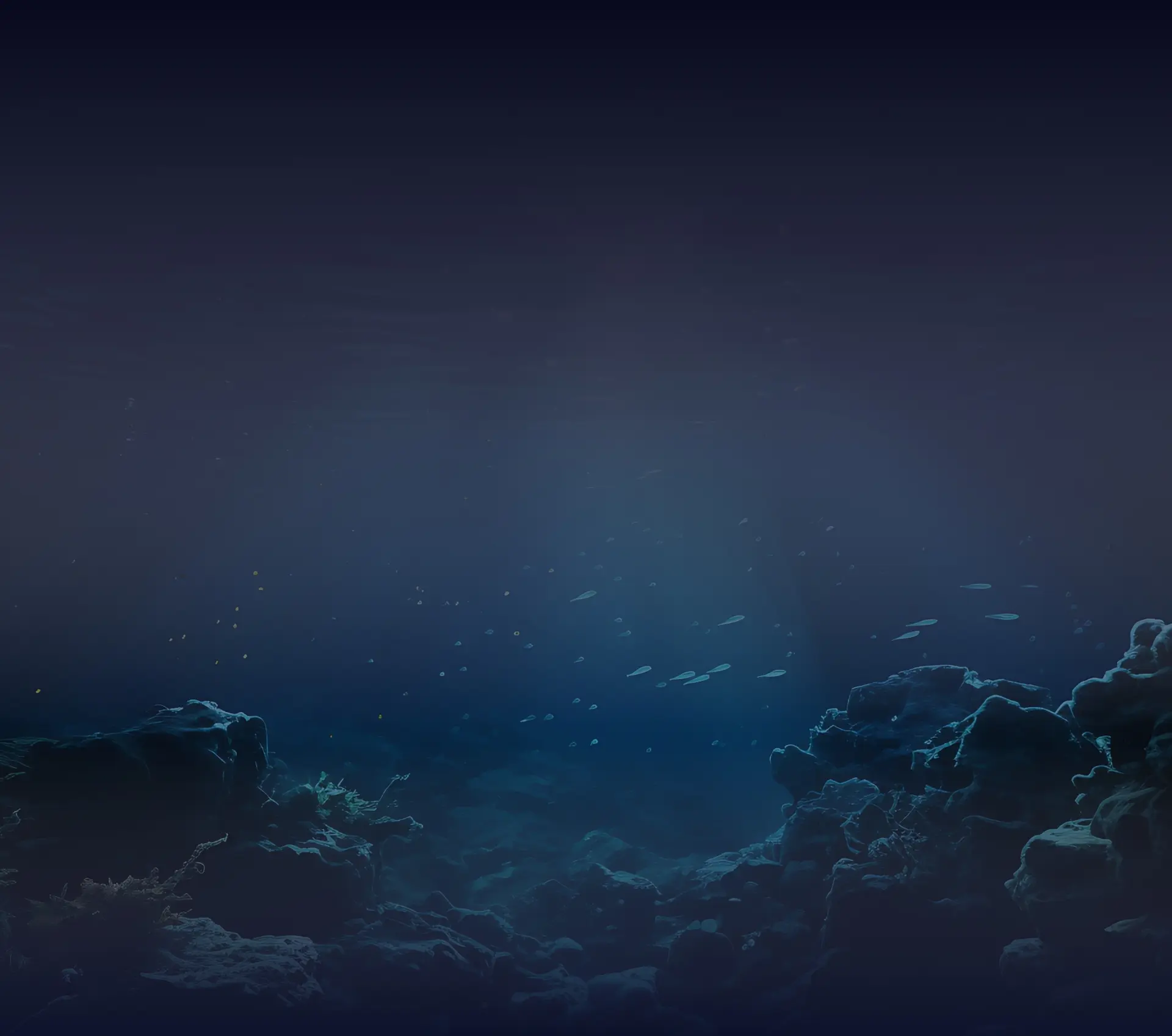

Kenya
KENYA: 26 April – 06 May 2025
The Ocean Census joined the FAO on it’s Kenya Expedition. This Ocean Census participant expedition saw one scientist from the Ocean Census Science Network working alongside the FAO to explore the coast of Kenya with the aim of assessing fisheries resources and collecting samples to improve knowledge.
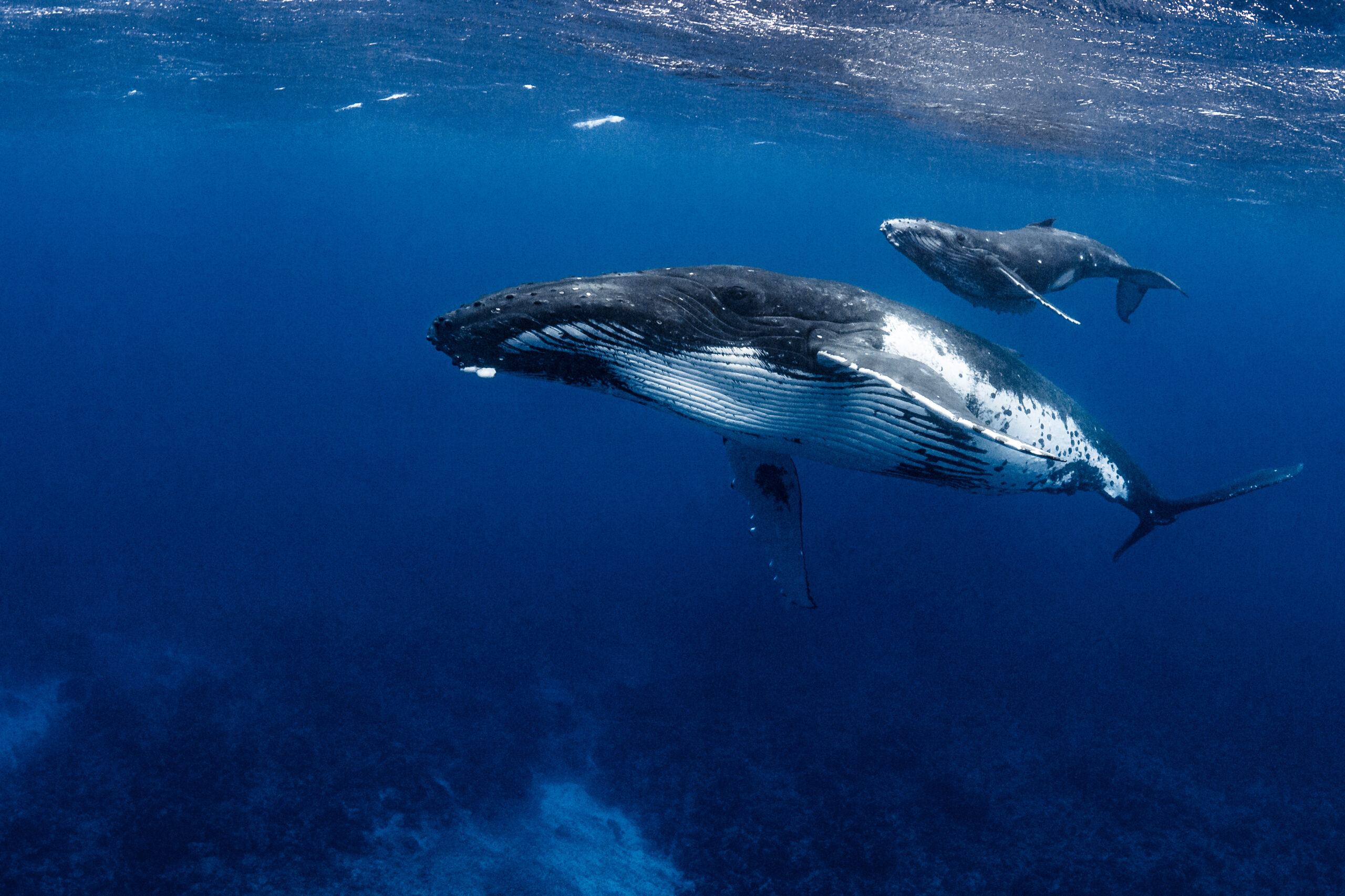
Mission Guide
This Ocean Census participant expedition saw Jackline Adhiambo, Fisheries Data Officer with the Lamu Marine Conservation Trust, working alongside the The Food and Agriculture Organization of the United Nations (FAO) team. Jackline, who is part of the Ocean Census Science Network, was able to use her background as the invertebrate expert to support the identification of invertebrate species from trawl catches. The expedition also sought to study the environmental conditions and levels of pollution impacting biodiversity in Kenyan waters.
Mission facts
Dates
26 April – 6 May 2025
Duration
11 days
Location
Kenya
Type
Participant
Image credits
Hannes Klostermann & Cinzia Osele Bismarck / Ocean Image Bank

Mission brief
The main goal of the FAO expedition was to assess fisheries resources and collect samples to improve knowledge on the diversity, distribution, abundance of fishery resources in Kenyan waters. Using a bottom trawl, specimens were collected from depths ranging between 20 and 750 metres for identification. The expedition also sought to study the environmental conditions and levels of pollution impacting biodiversity in Kenyan waters.
This expedition is part of The Nansen Programme, a joint initiative of The Institute of Marine Research (IMR) in Norway and the Food and Agriculture Organization of the United Nations (FAO). Its objective was to help newly independent states improve food security by identifying resources in their seas and oceans to support the development of their fisheries. The research vessel, Dr Fridtjof Nansen was built for the programme, serving as a laboratory for research, training and the exchange of knowledge.
The Ocean Census supported Jackline Adhiambo, Fisheries Data Officer with the Lamu Marine Conservation Trust, who has a strong background in benthic invertebrate taxonomy, with experience in species identification, working across a broad range of taxa, including pelagic, demersal, and reef-associated fish species, as well as key invertebrates relevant to local fisheries. Jackline was the invertebrate expert on this FAO expedition in Kenya, supporting the identification of invertebrate species from trawl catches and assisting in the collection and preservation of specimens for further taxonomic studies.
We will collaborate with our participant scientist and the FAO to share stories, announcements, and discoveries.
Be sure to follow @oceancensus and @FAO on social media to find out more about this fascinating expedition.
Mission Partners
Participant Expeditions
Ocean Census supports a range of expeditions and opportunities for scientists to get onboard, helping to add capacity to species discovery worldwide.
Participant Expeditions give specialists from our Science Network and media experts the opportunity to join expeditions led by our Partners, gain at-sea skills, and exchange knowledge with other professionals.
Find out more and get involved by joining our Science Network today.
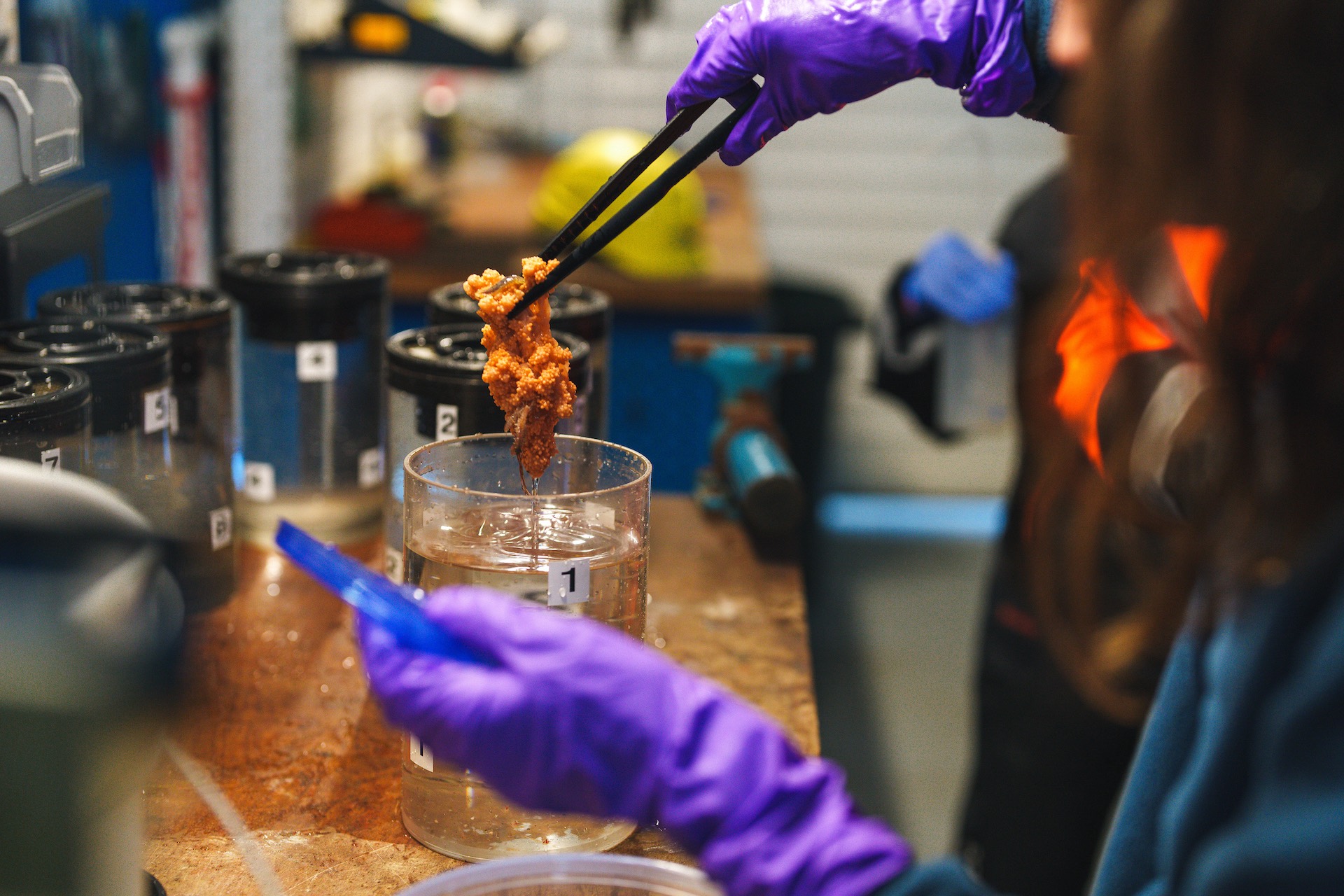
Join the census
The Ocean Census Alliance unites national and philanthropic marine institutes, museums, and universities, backed by governments, philanthropy, business and civil society partners.
